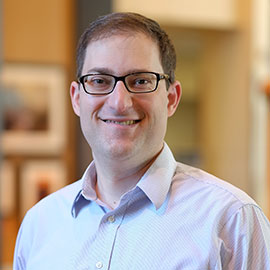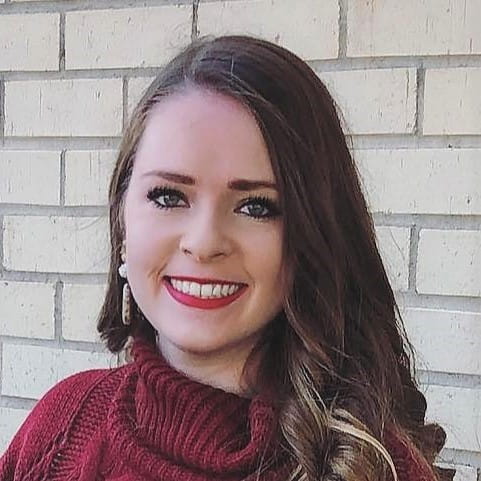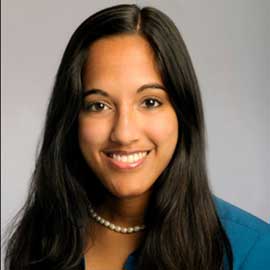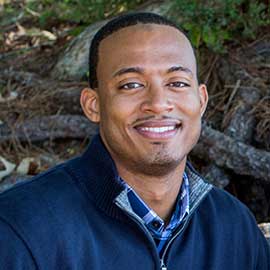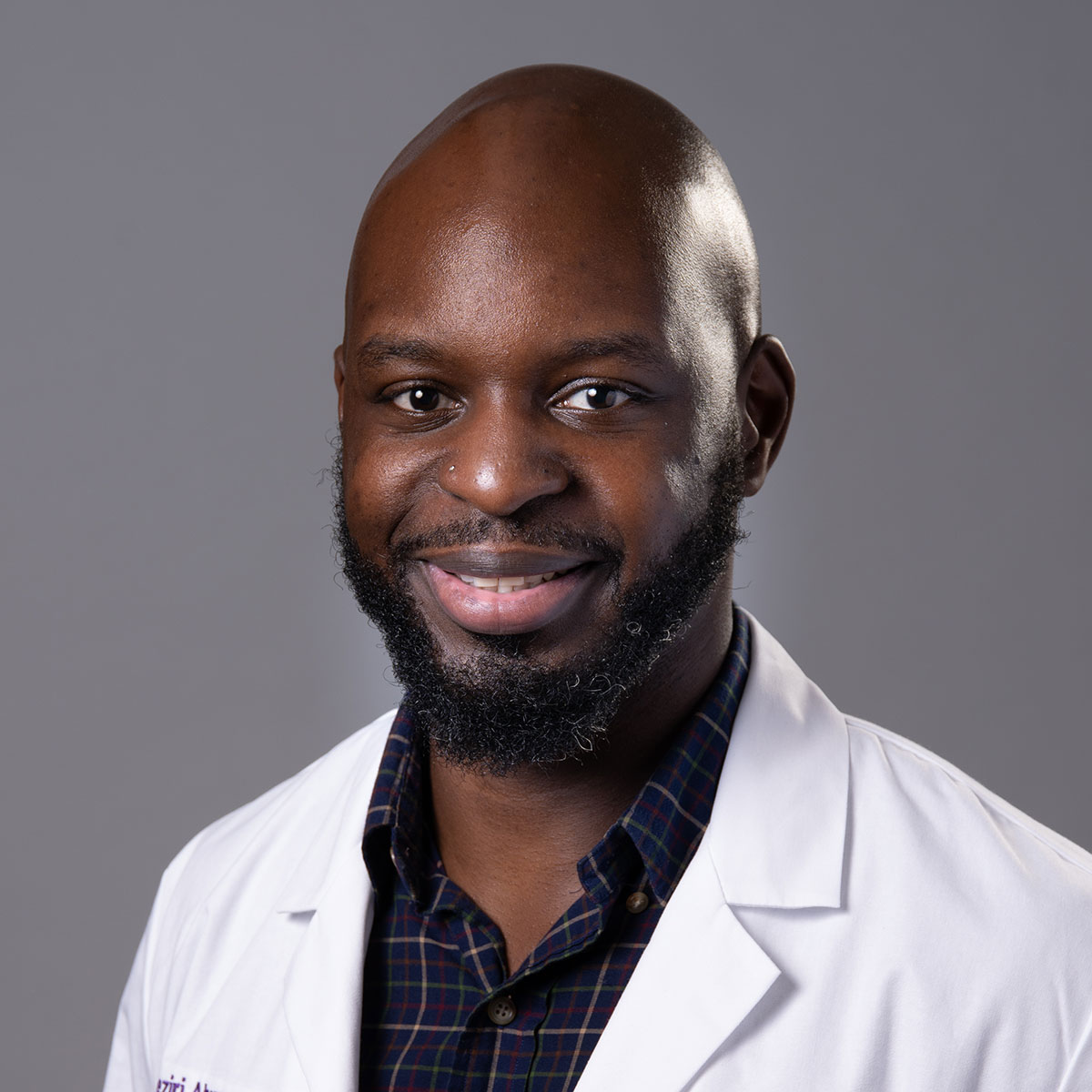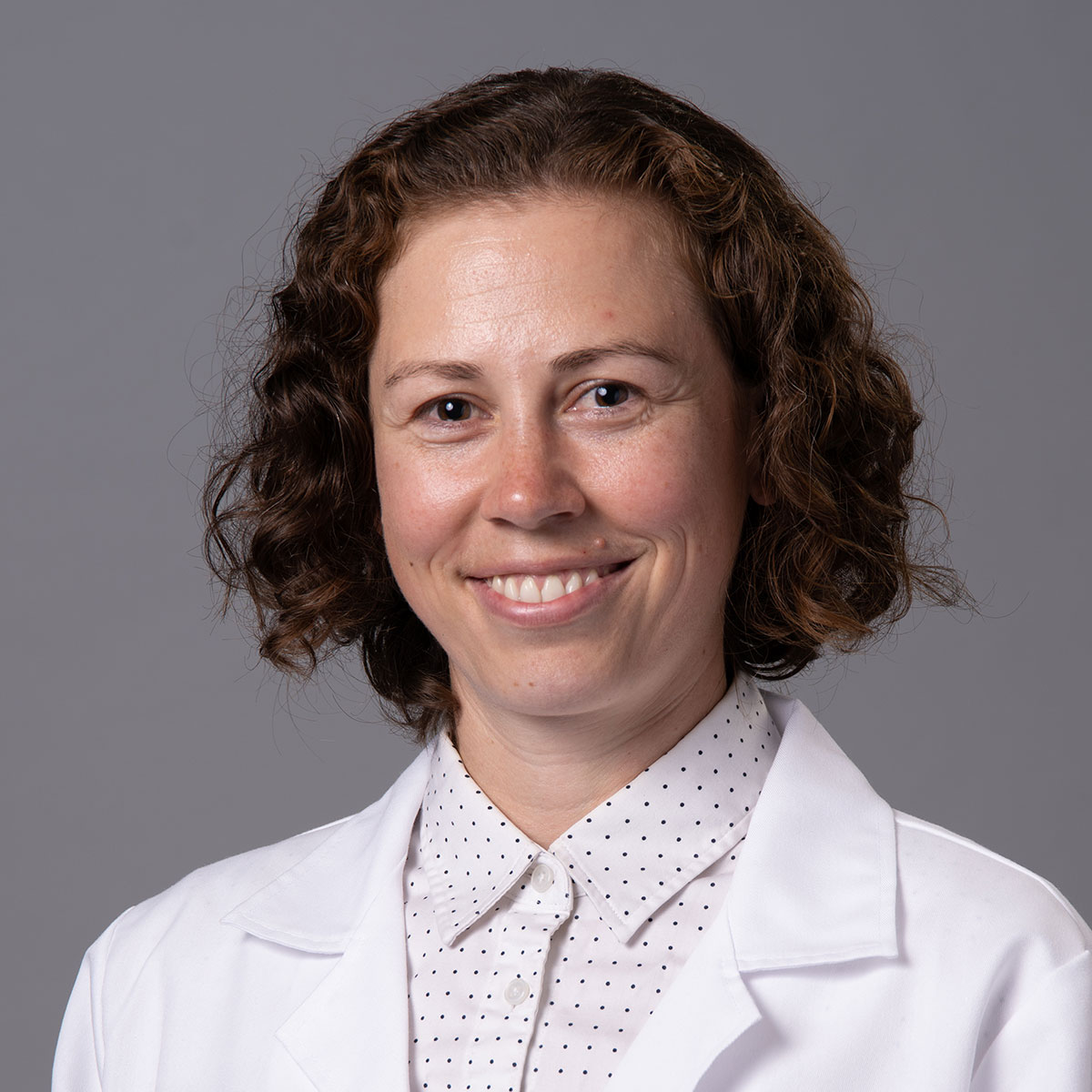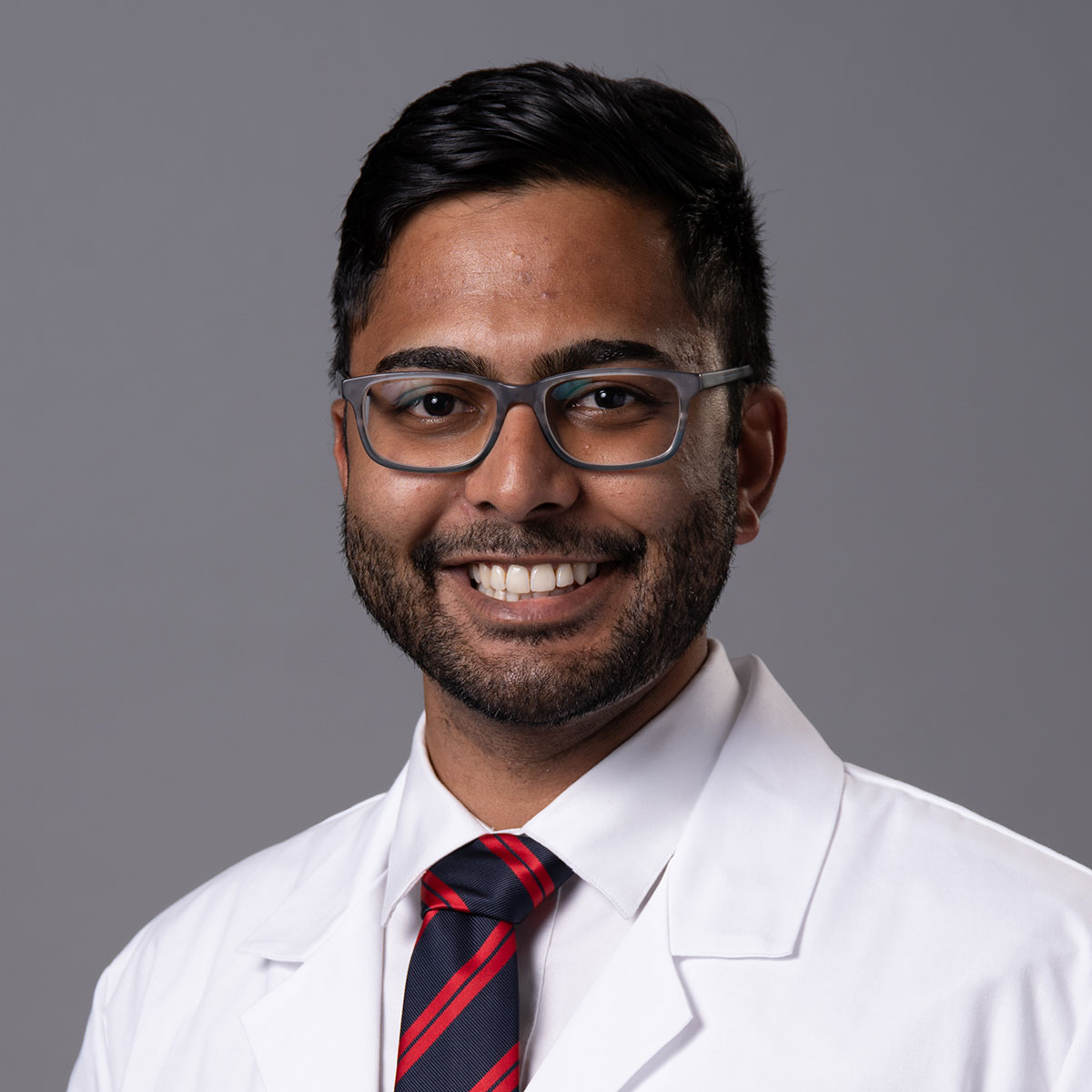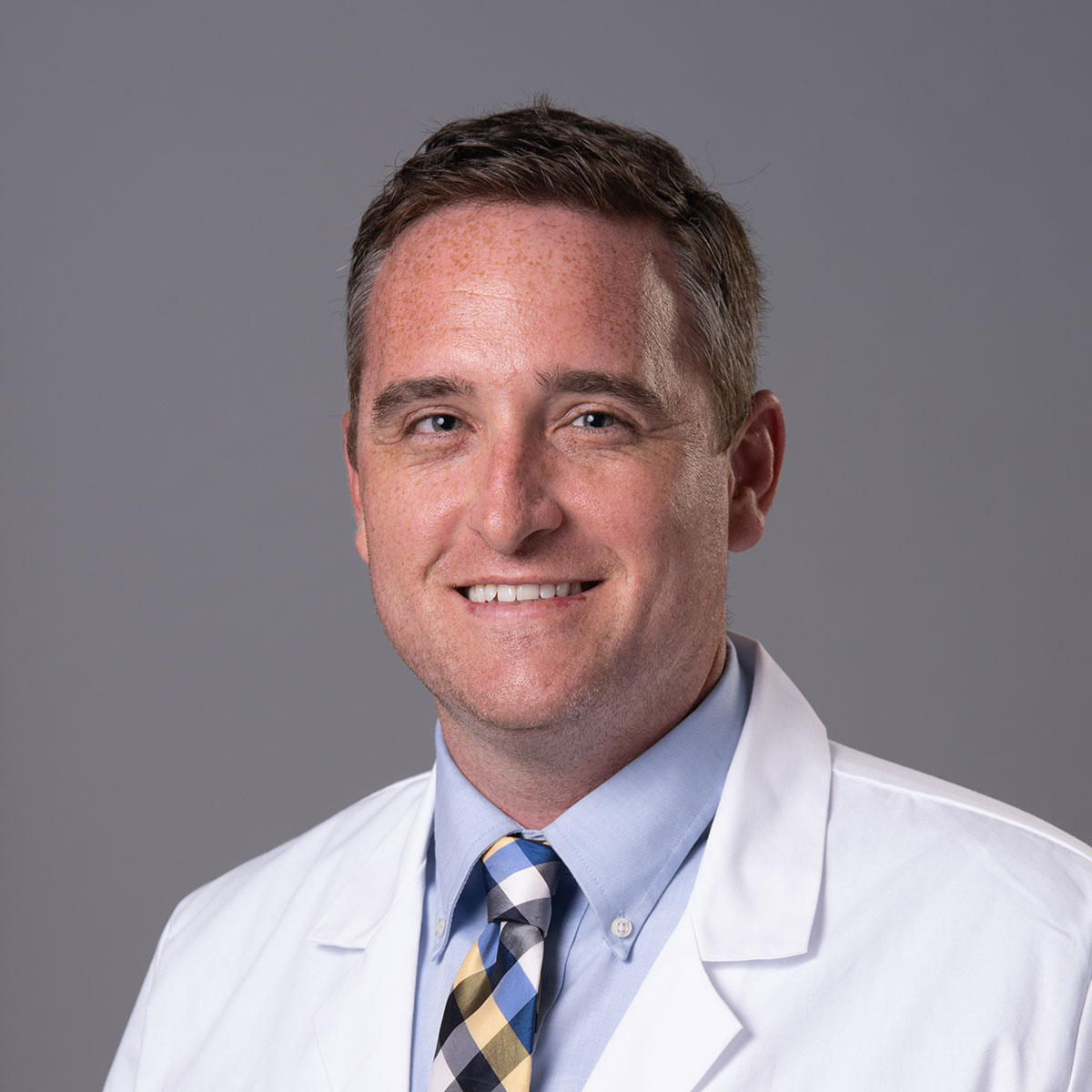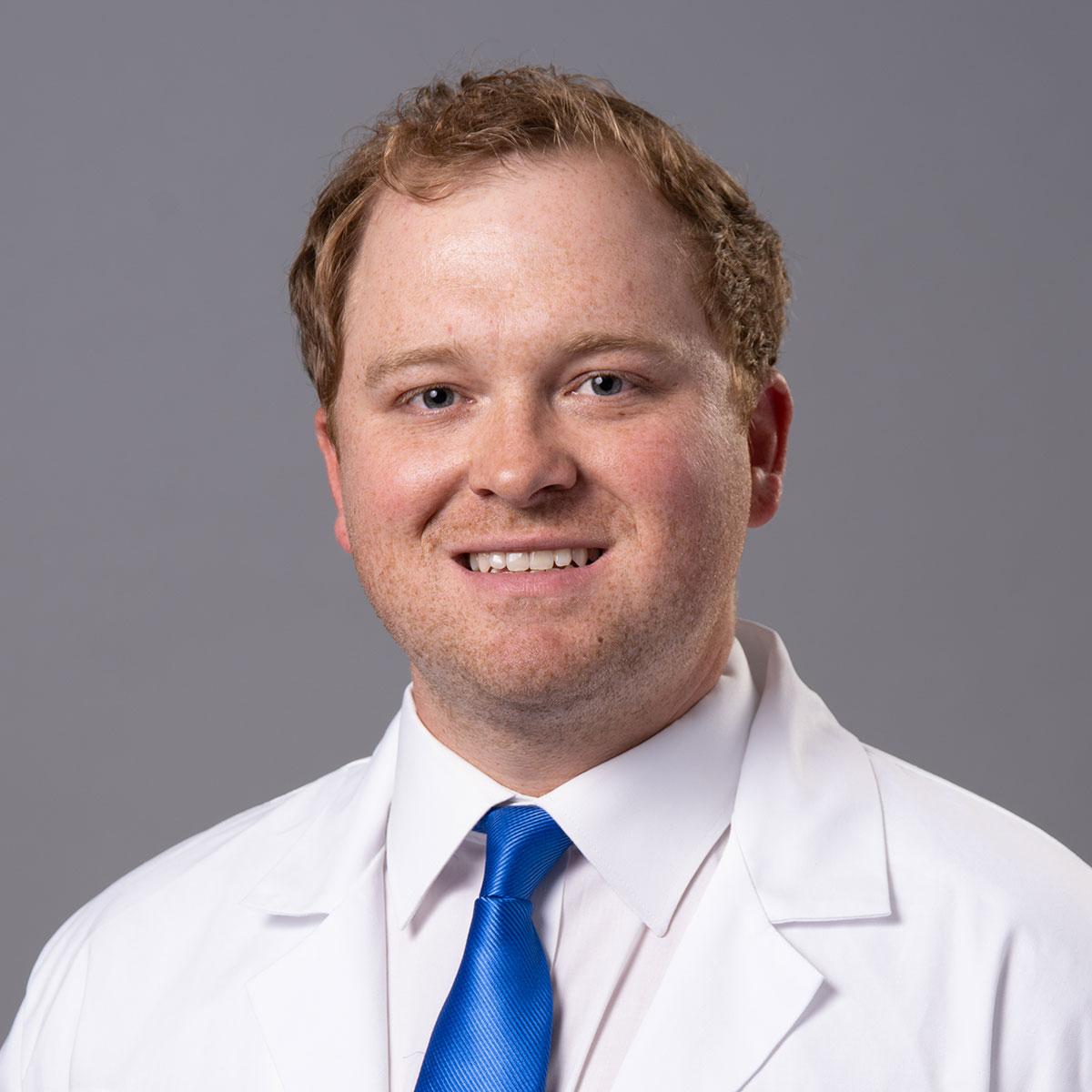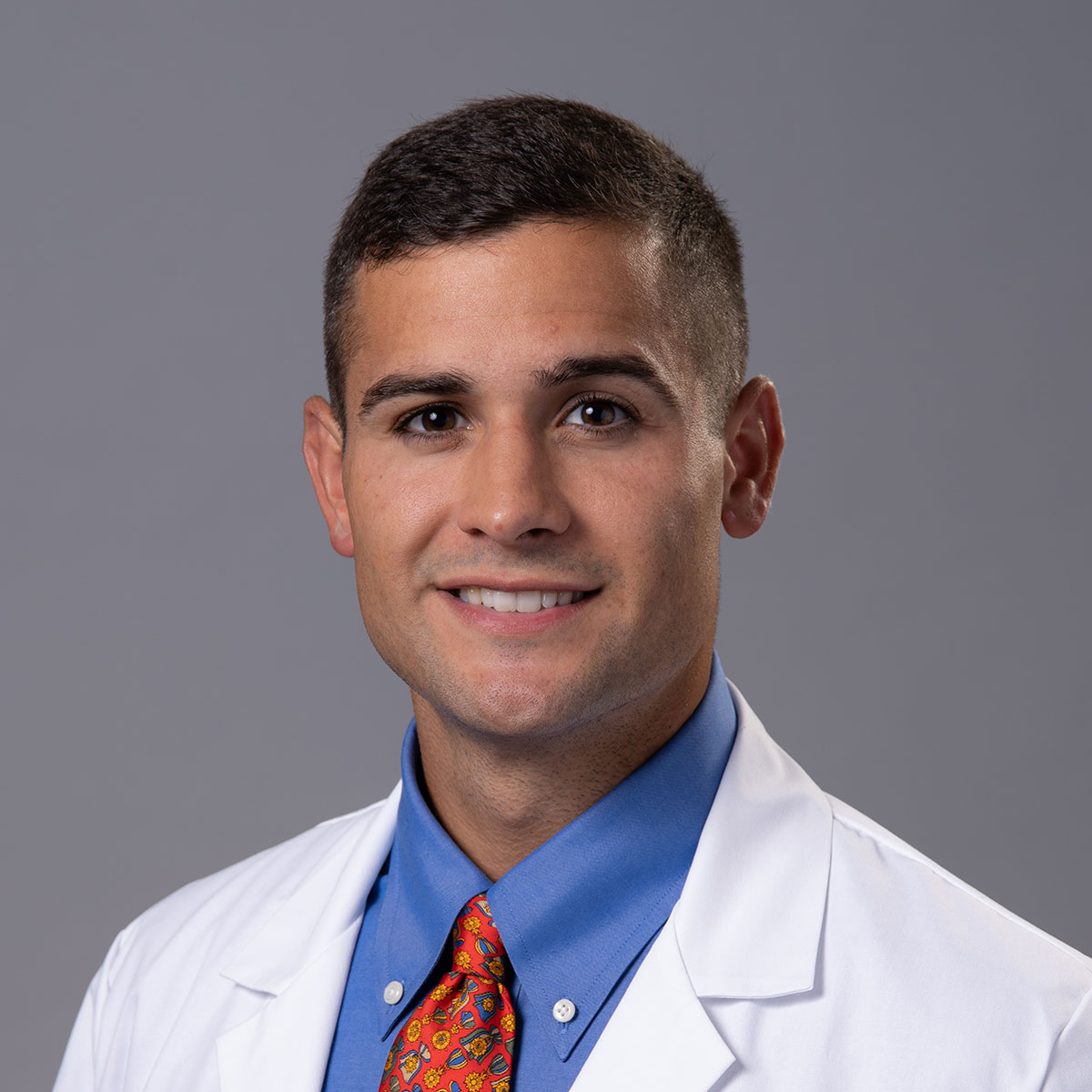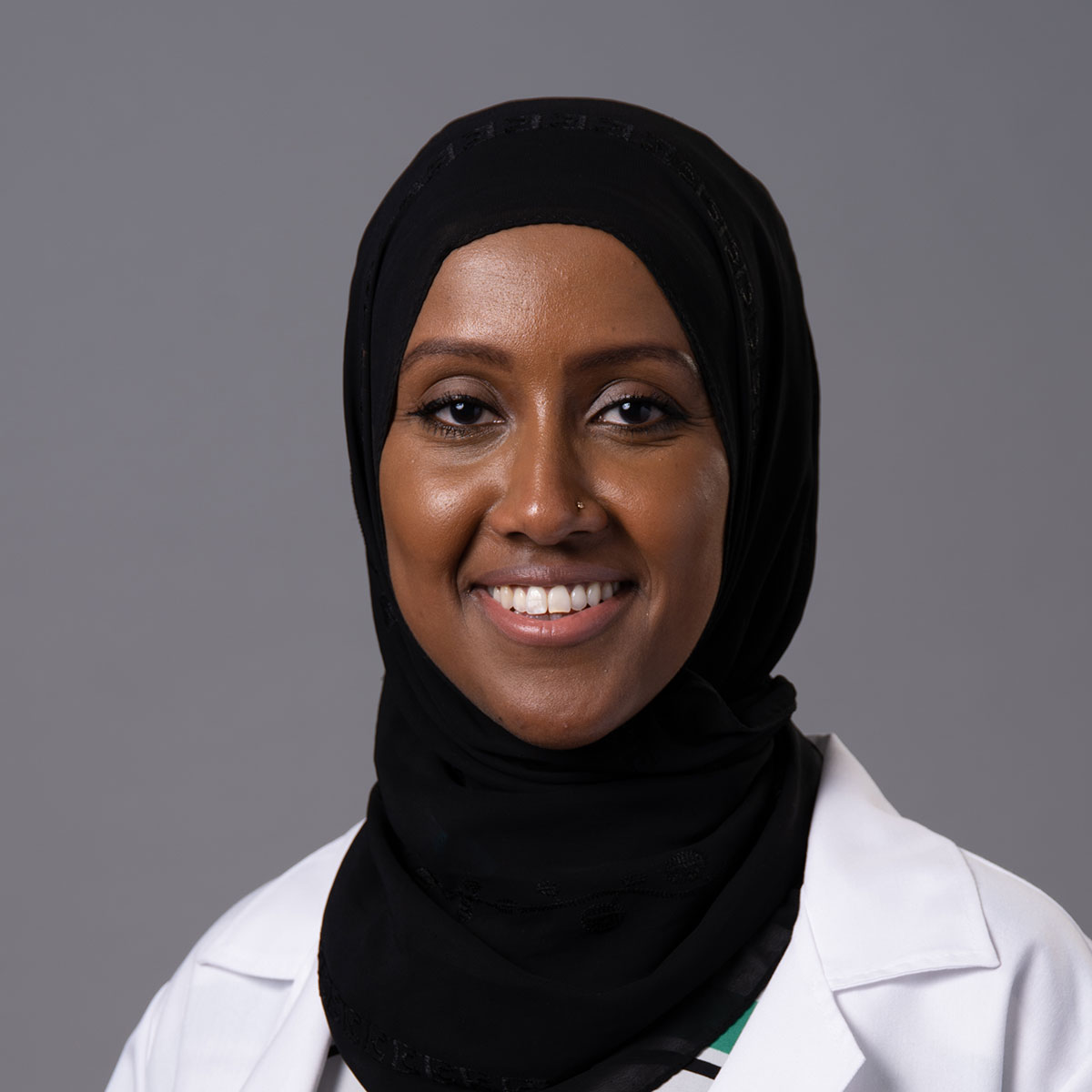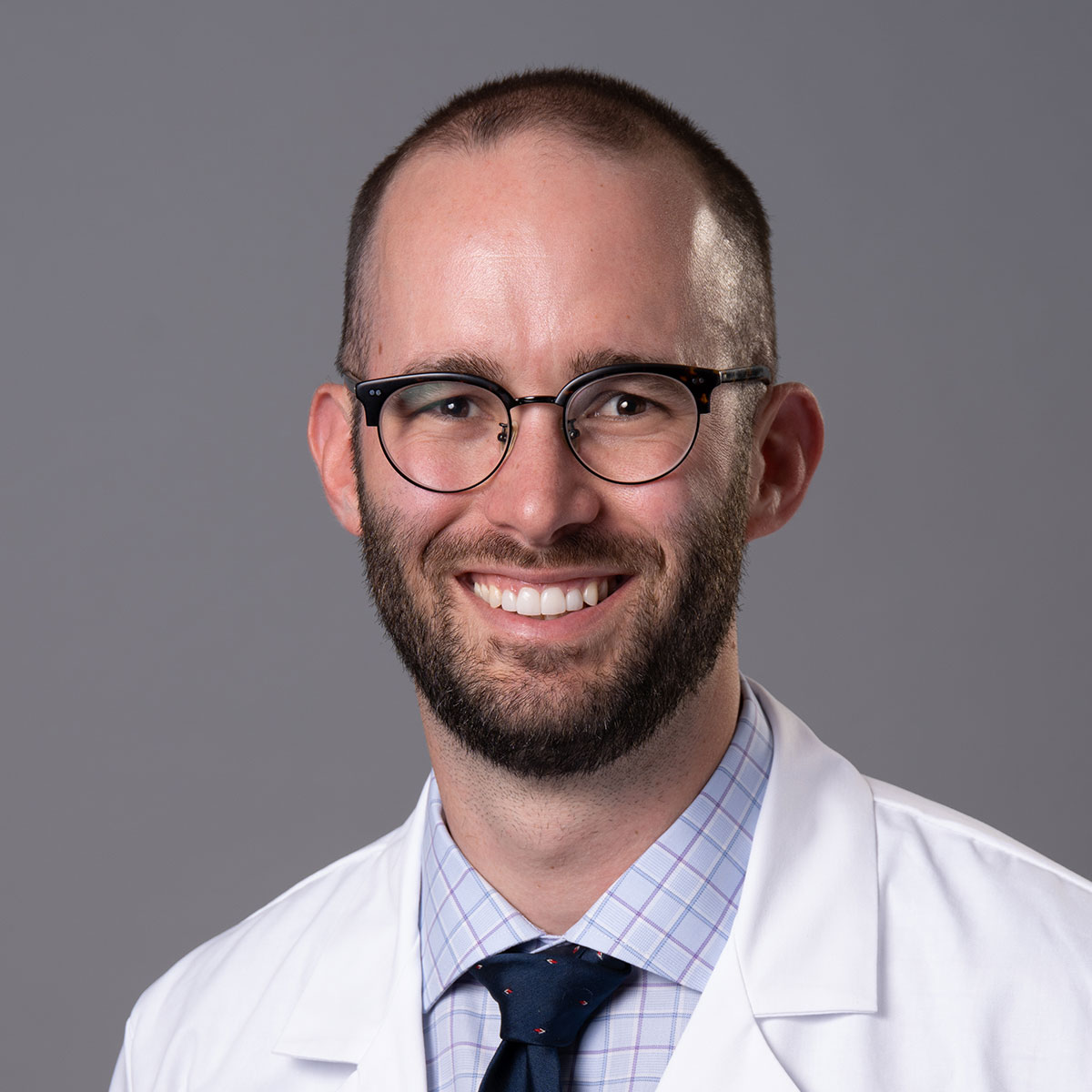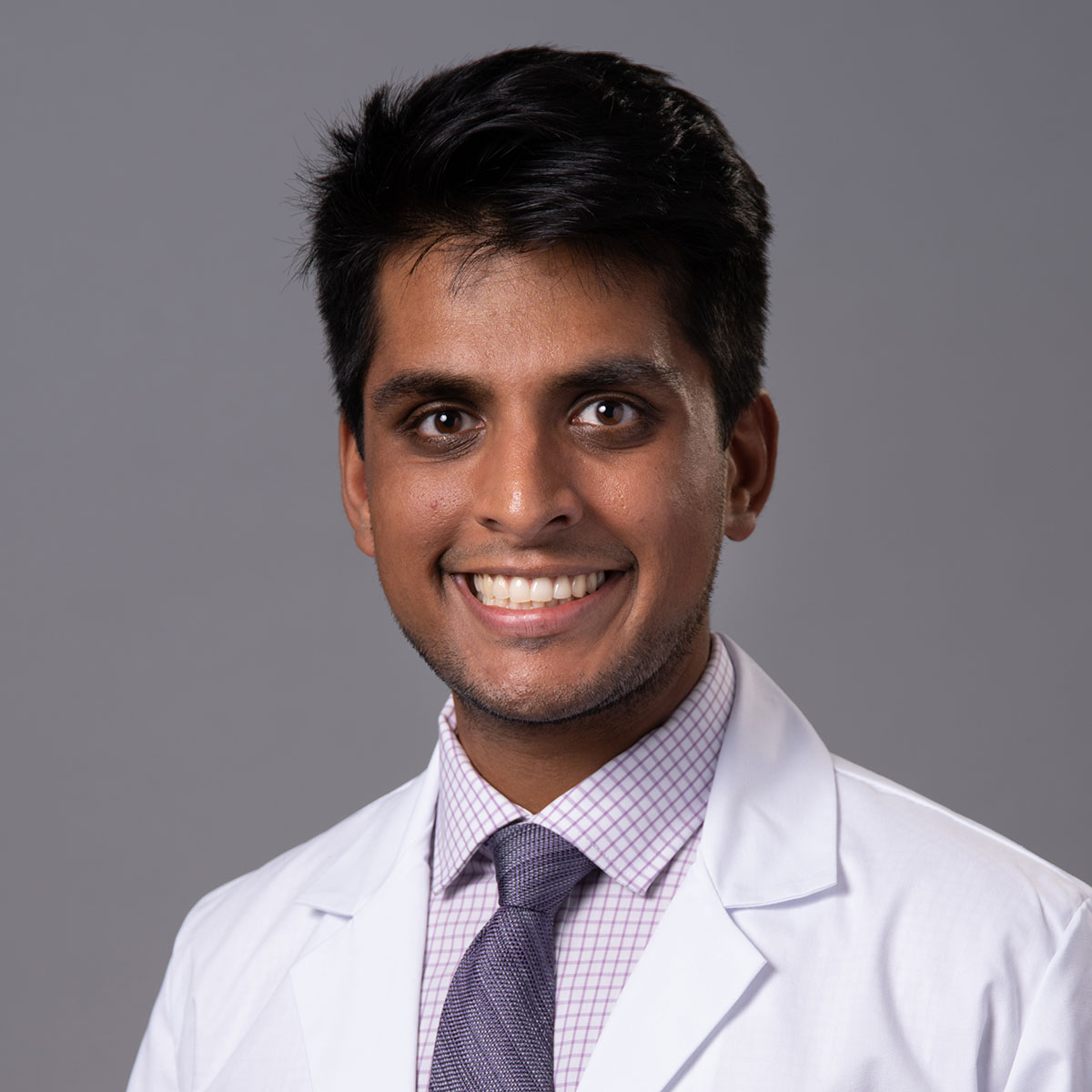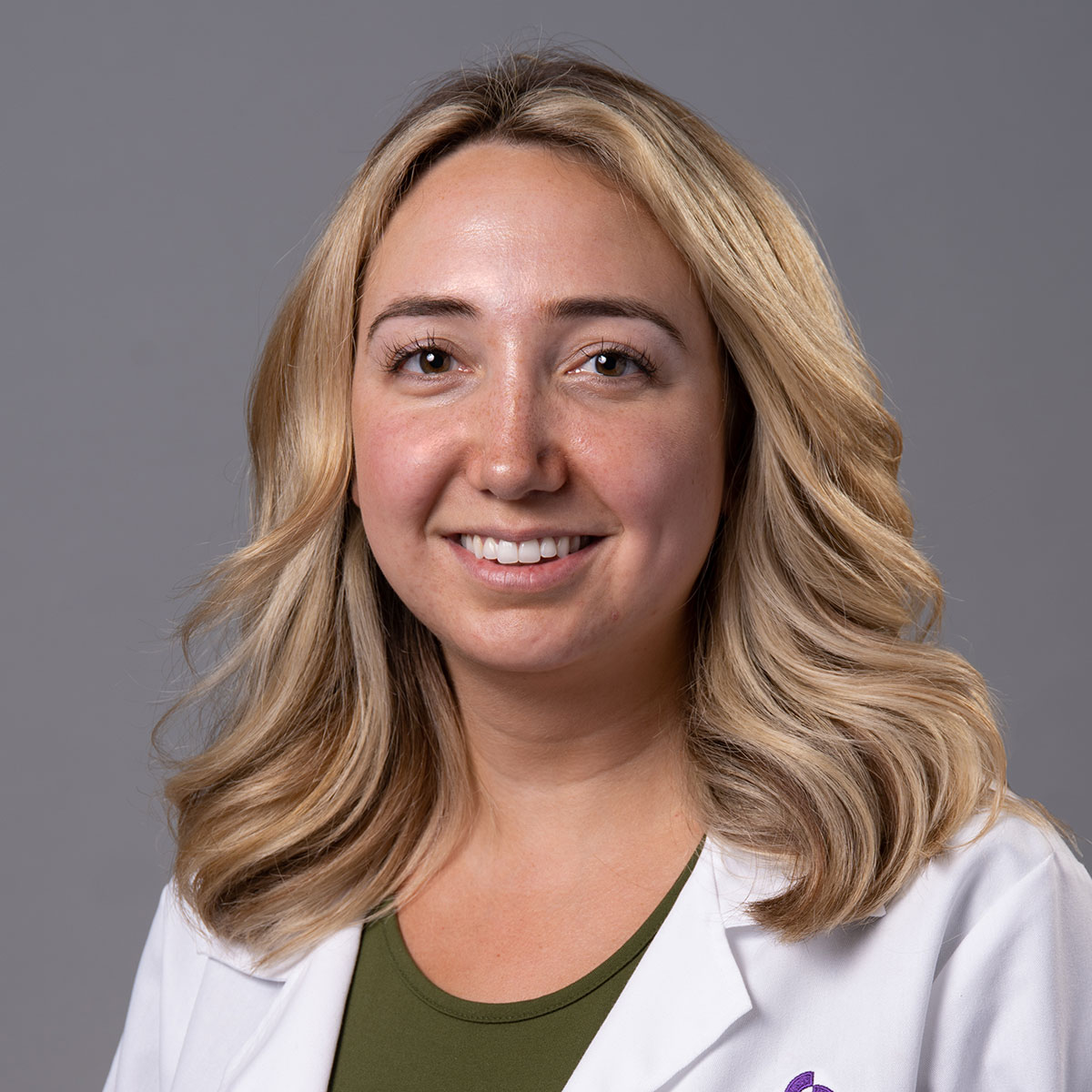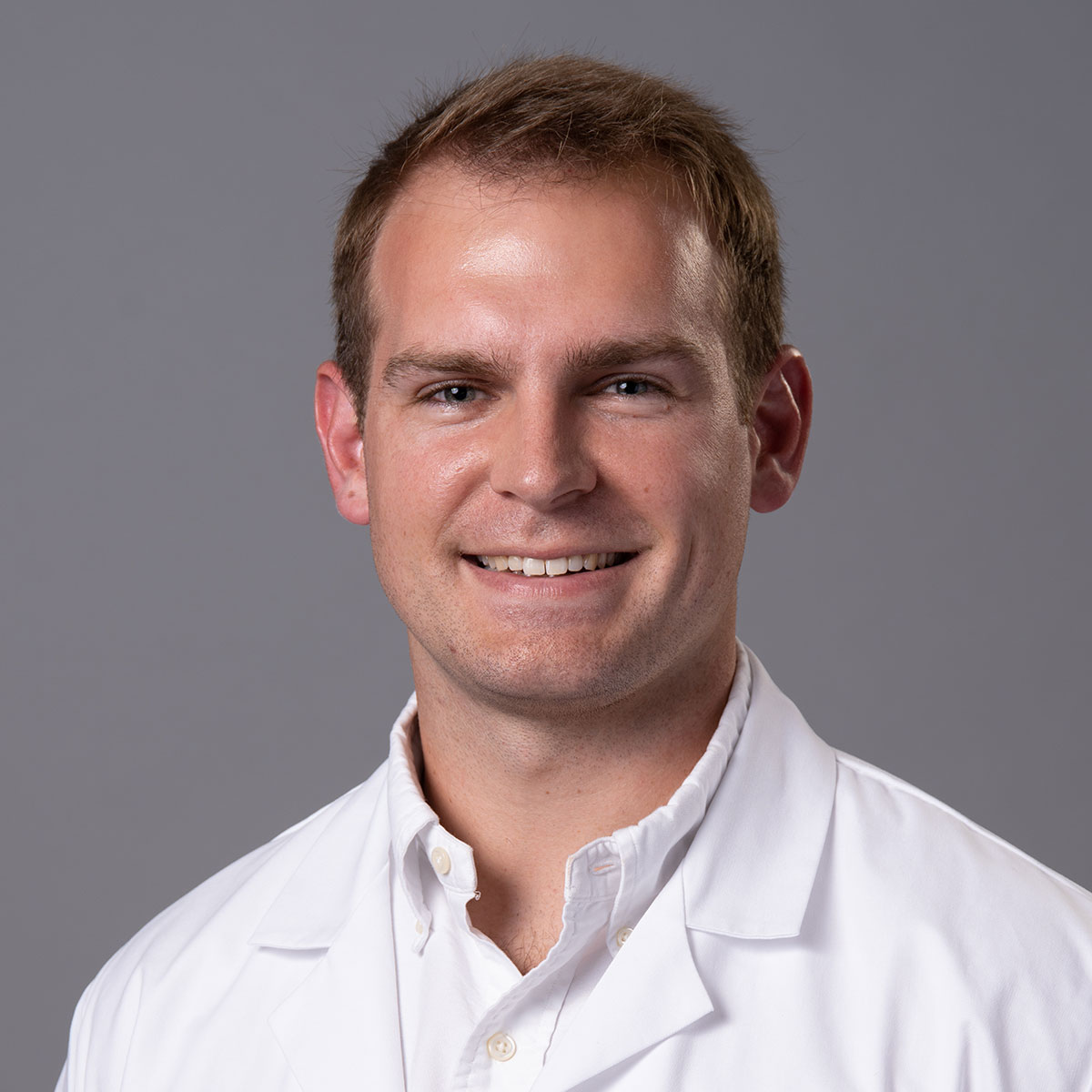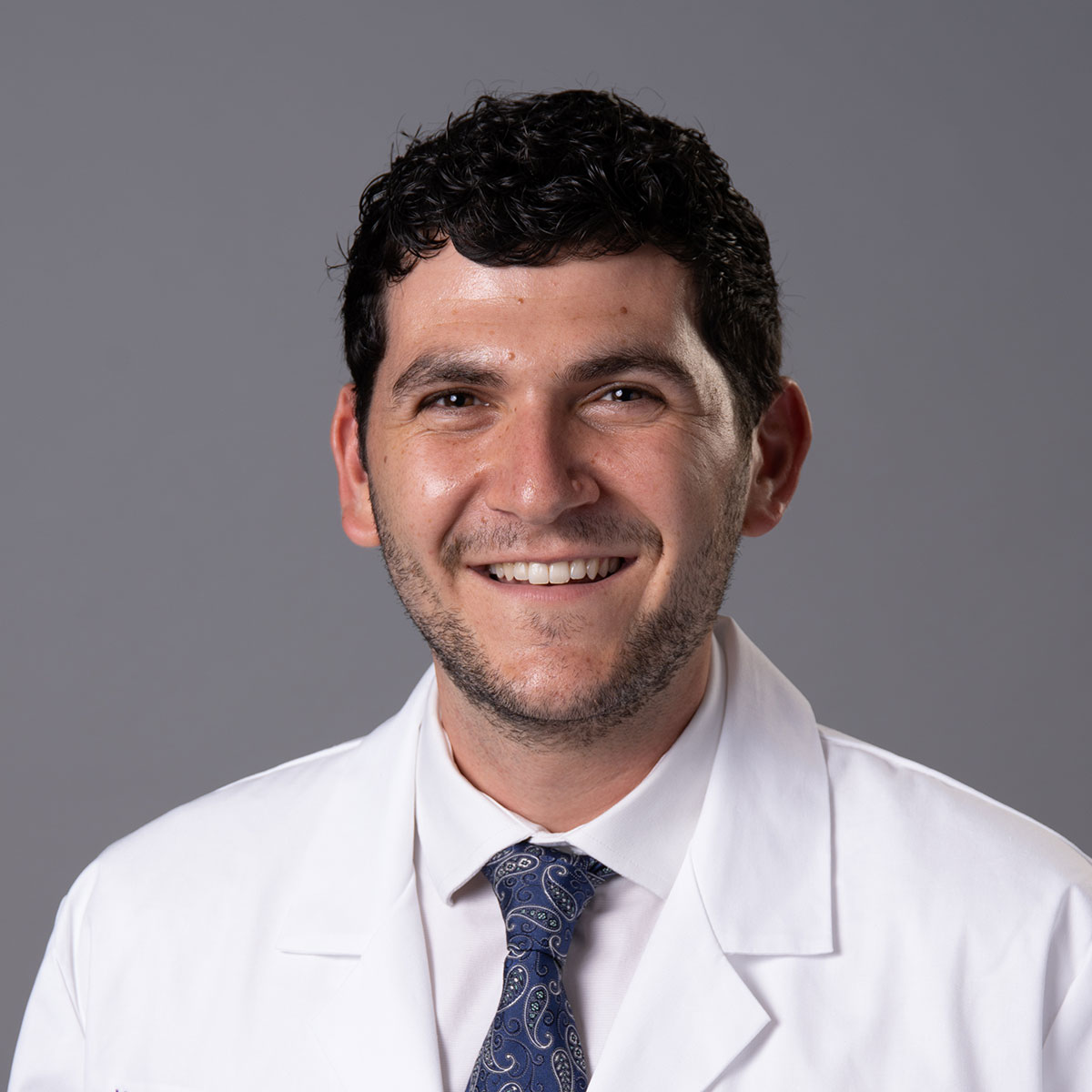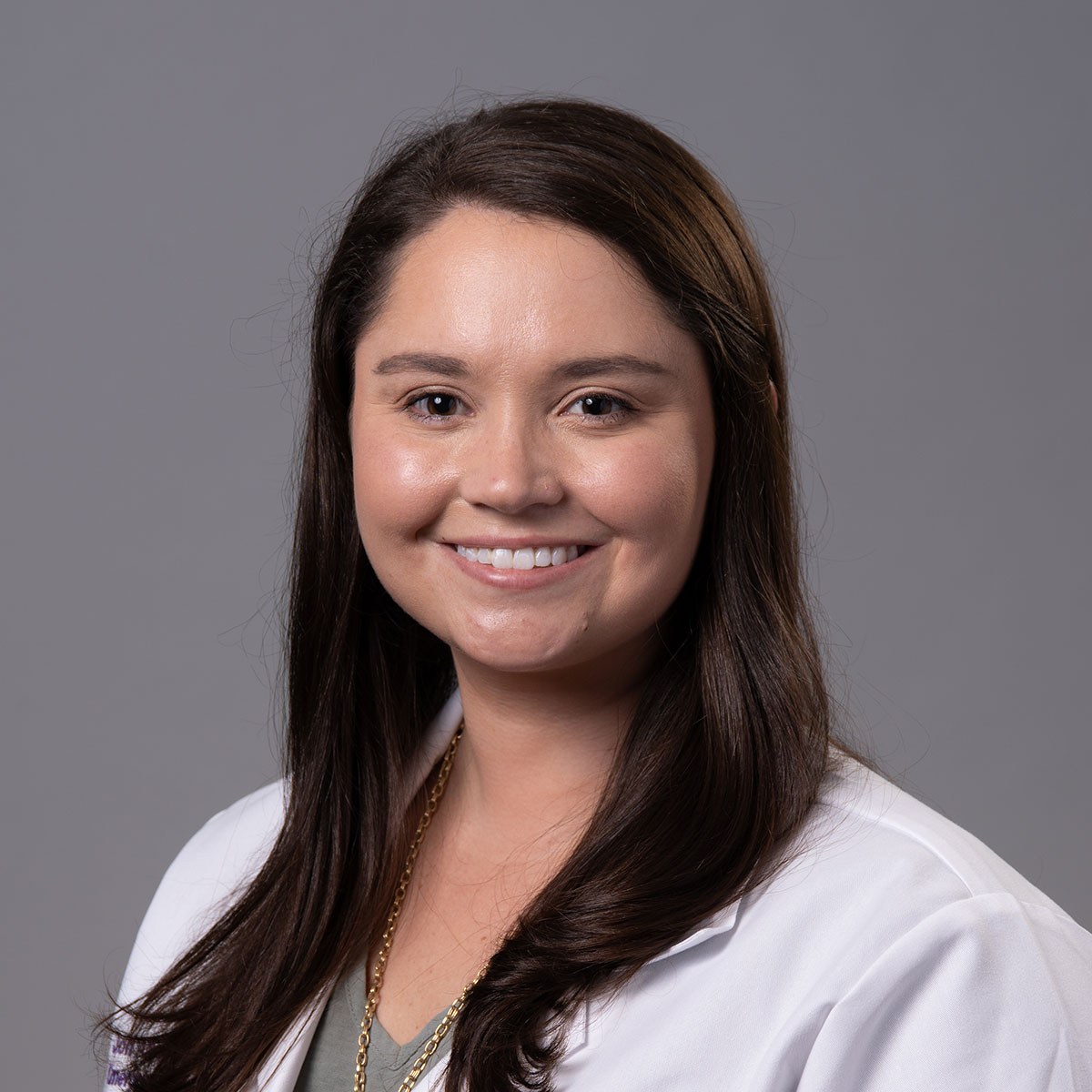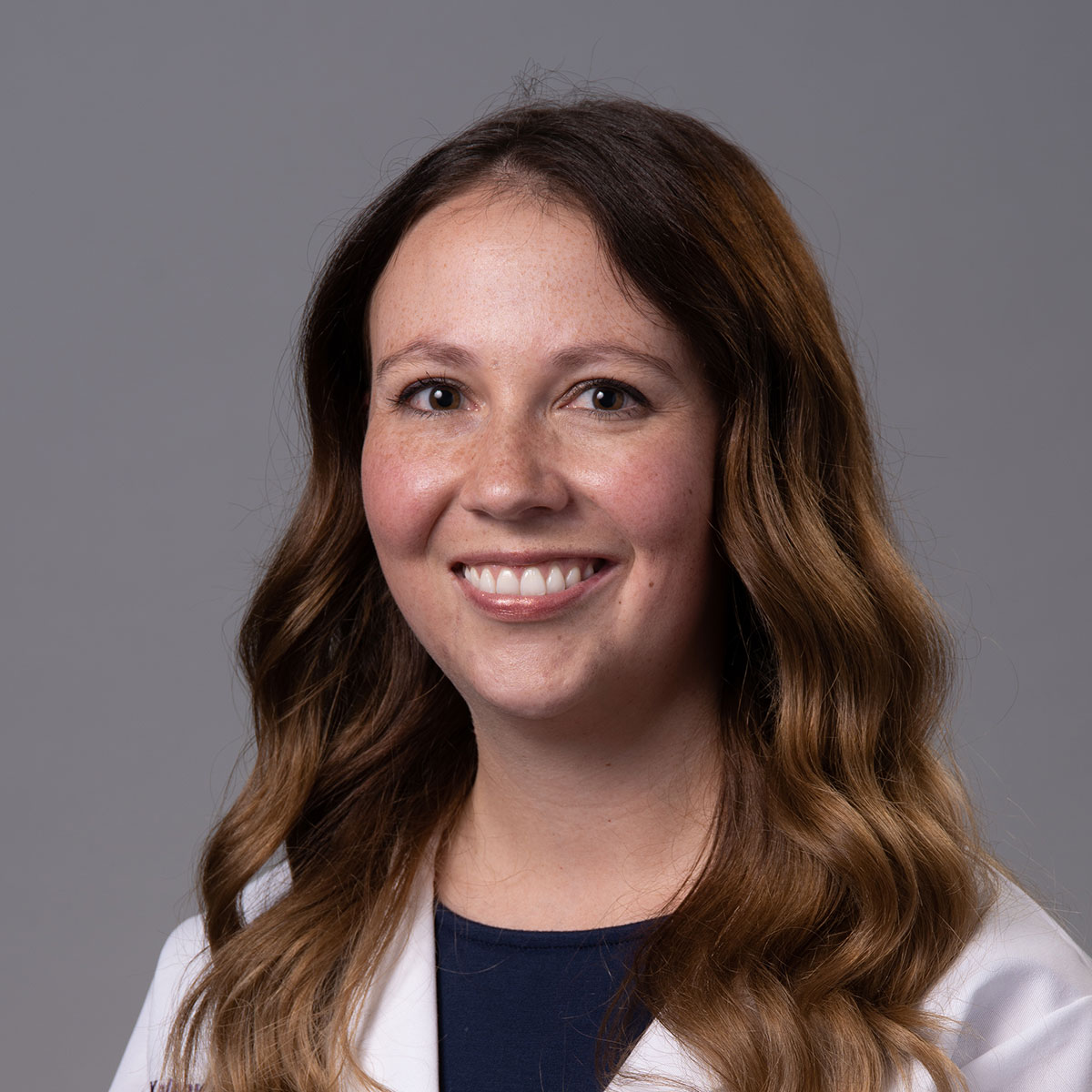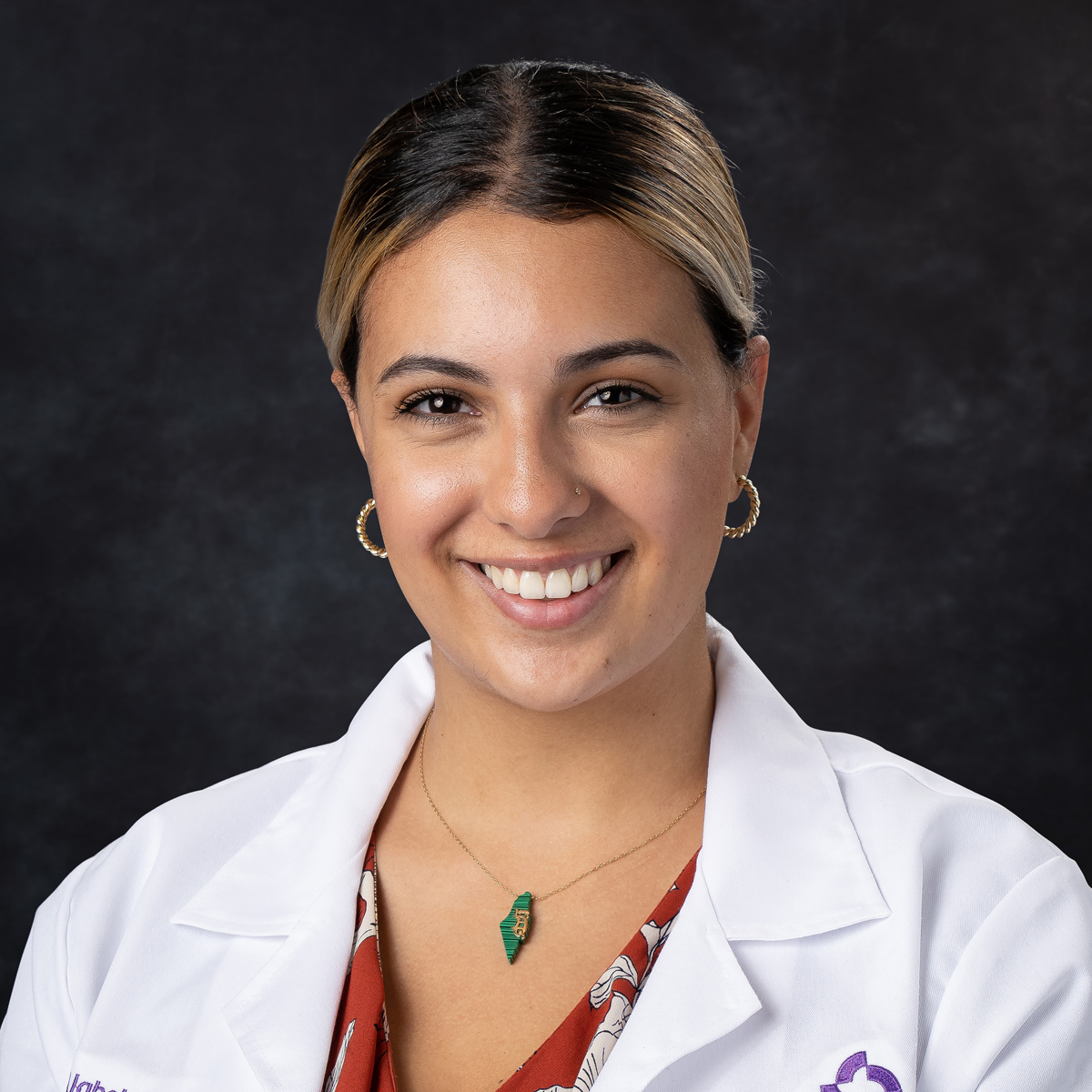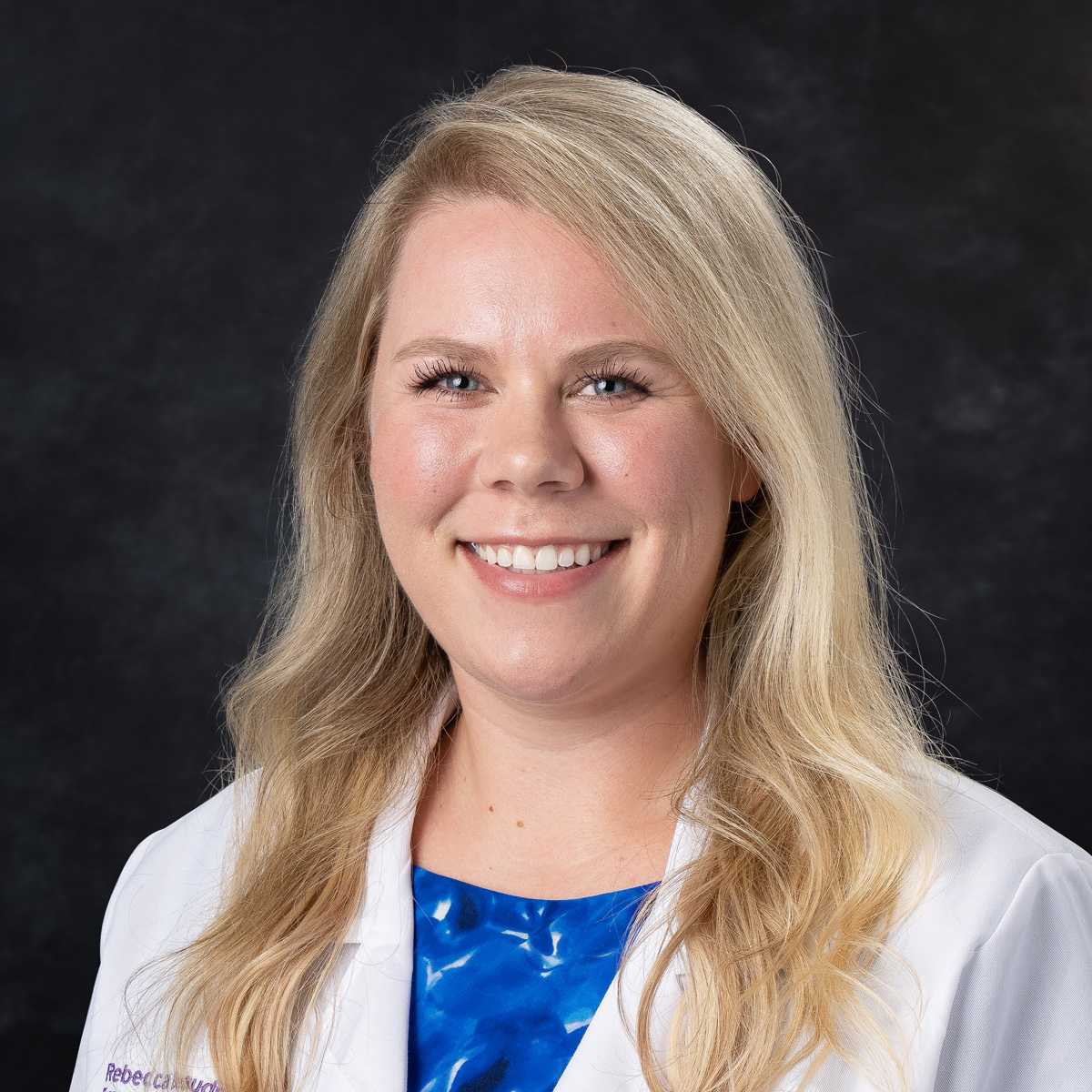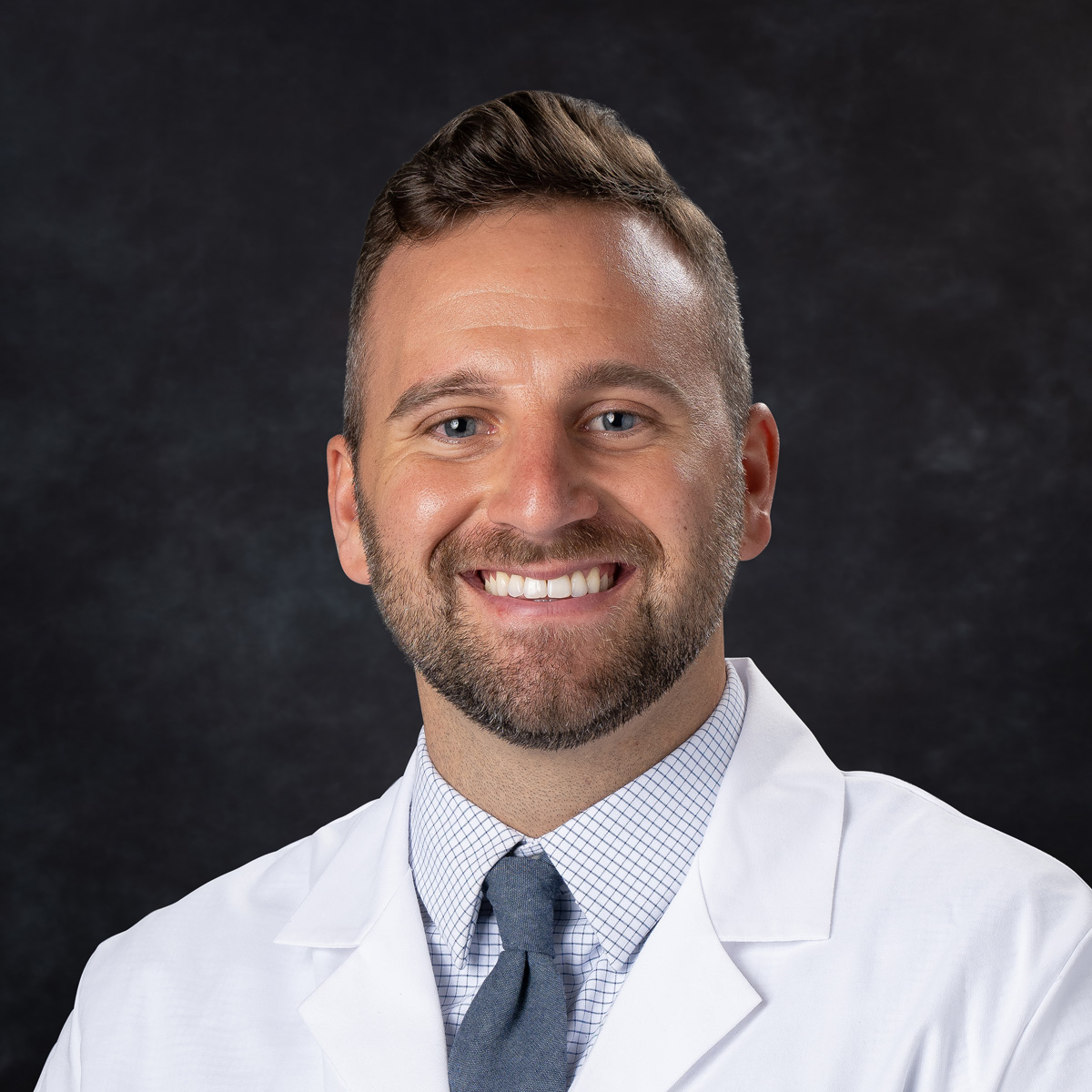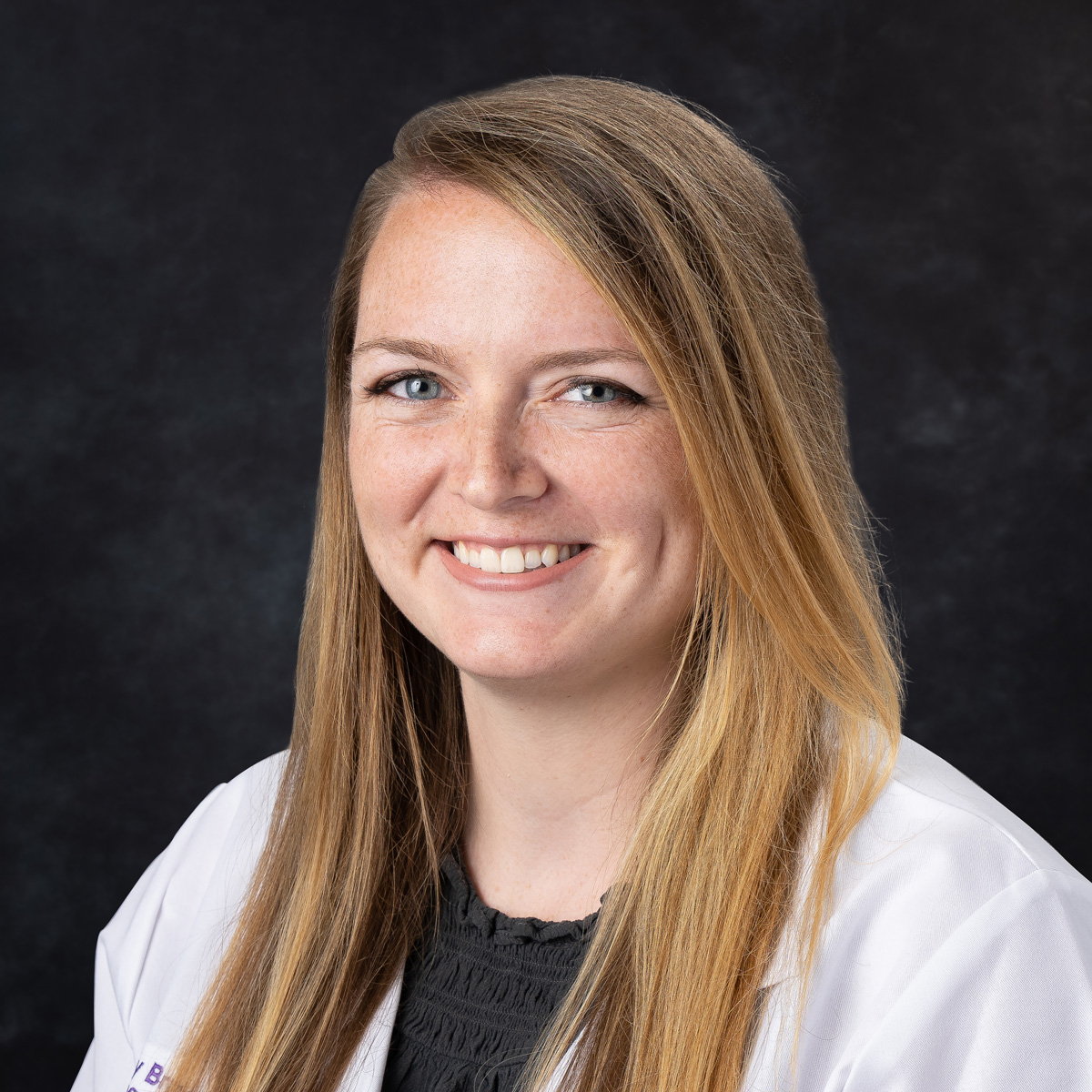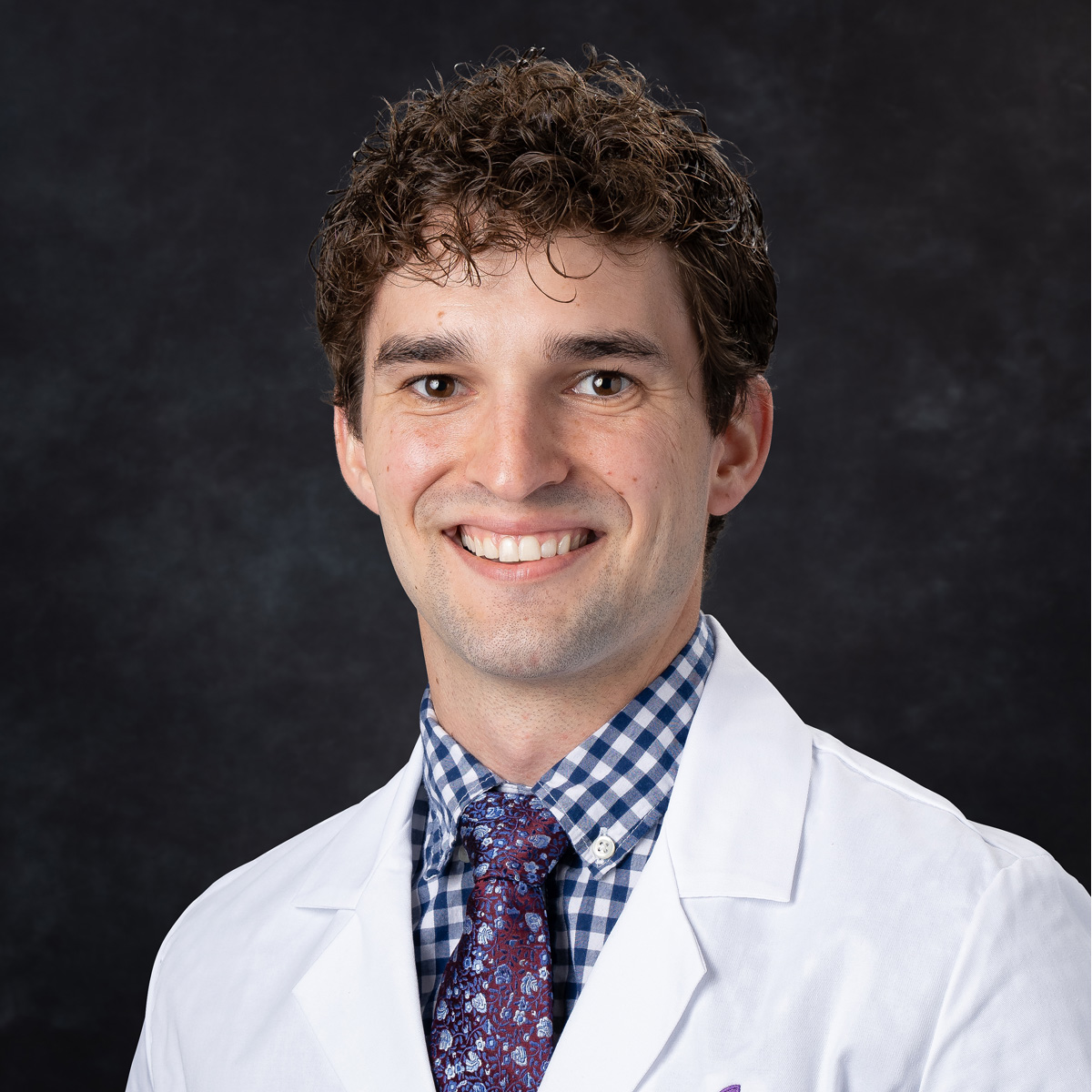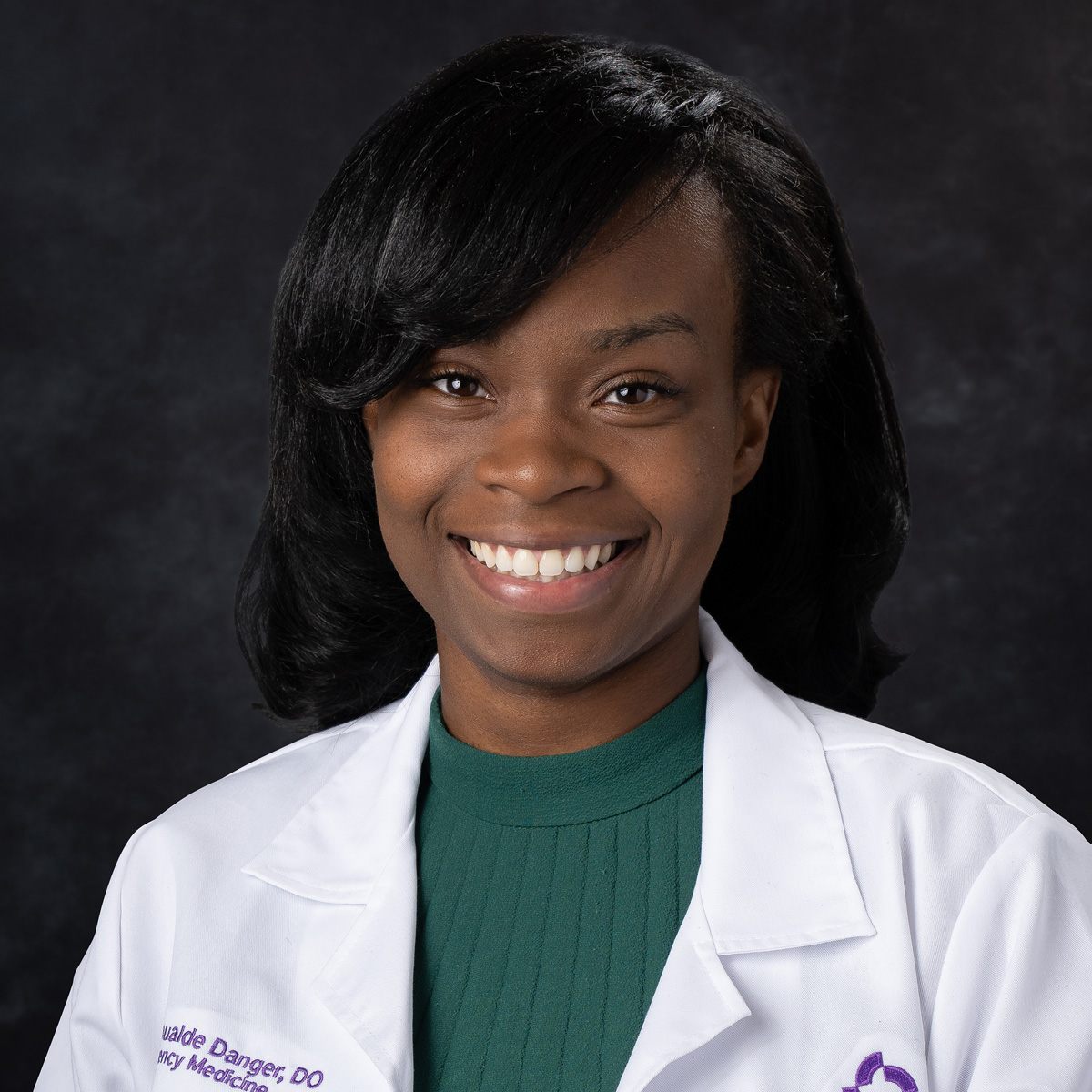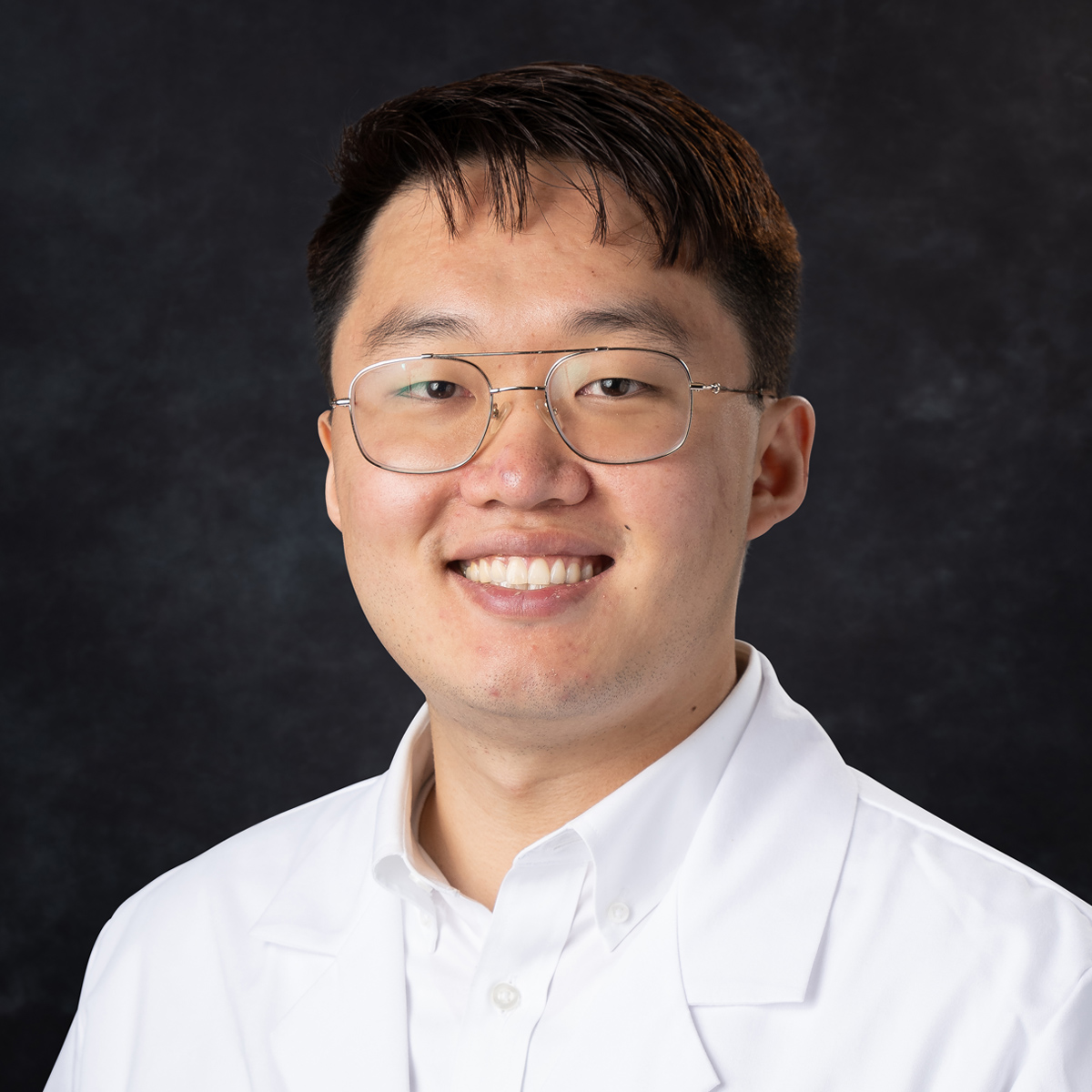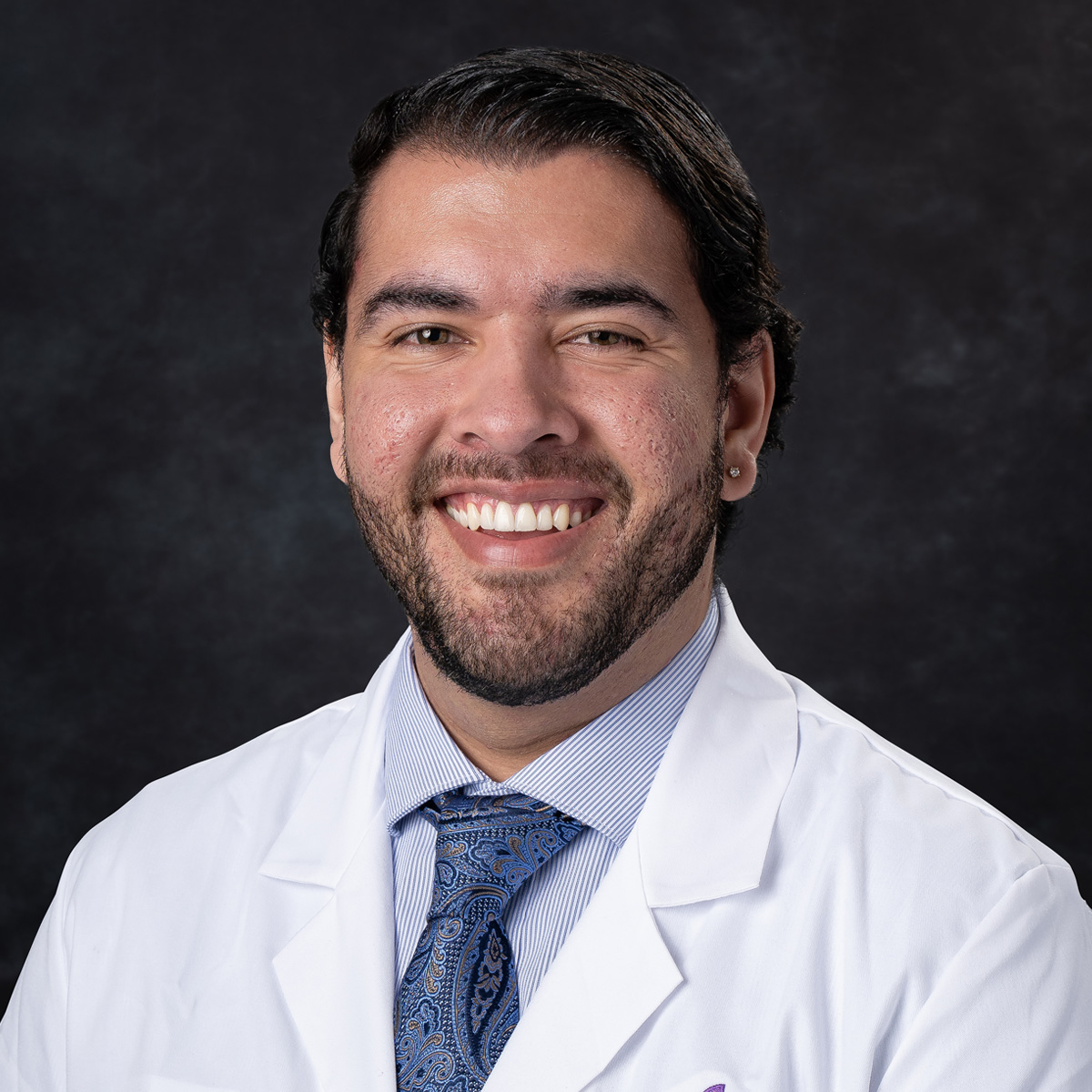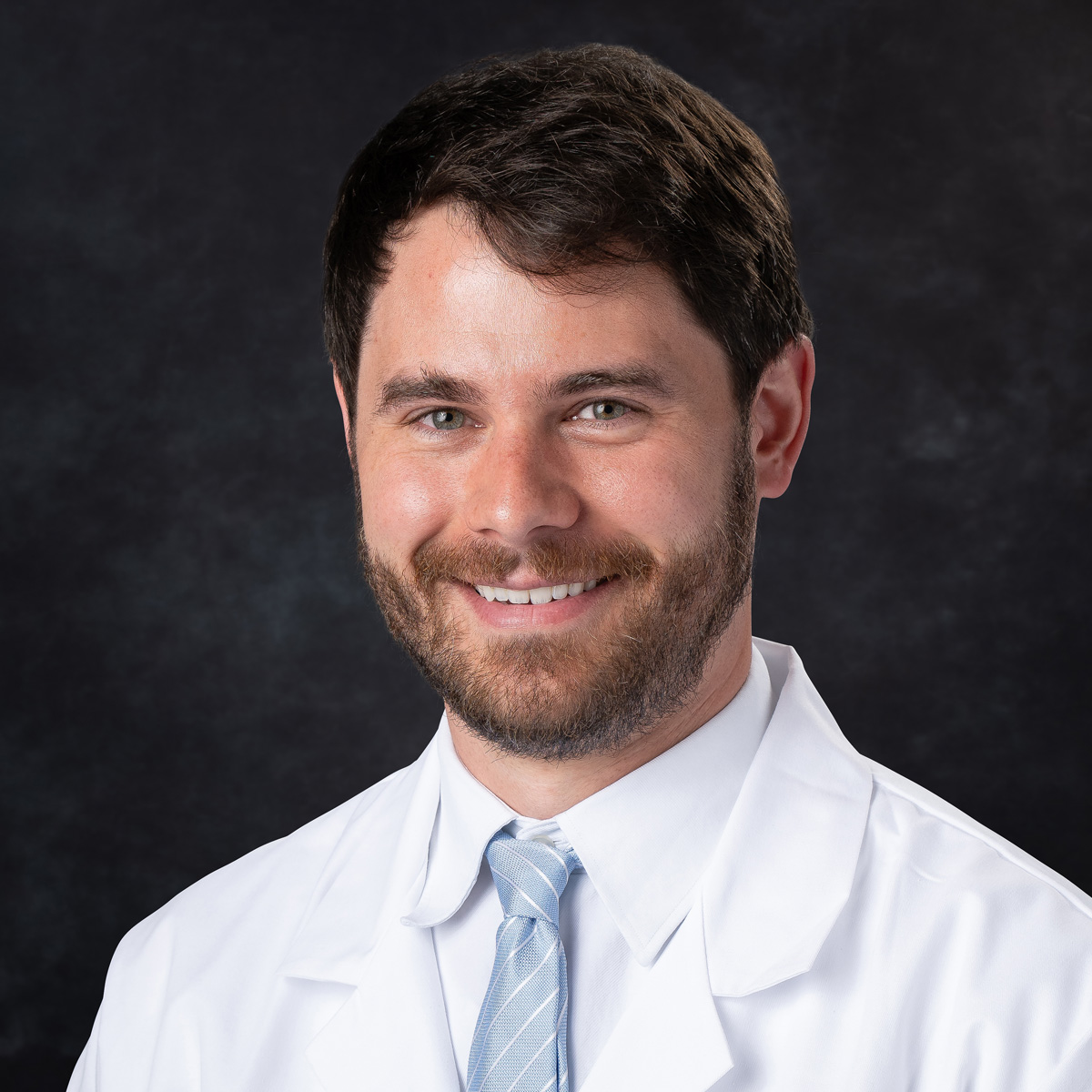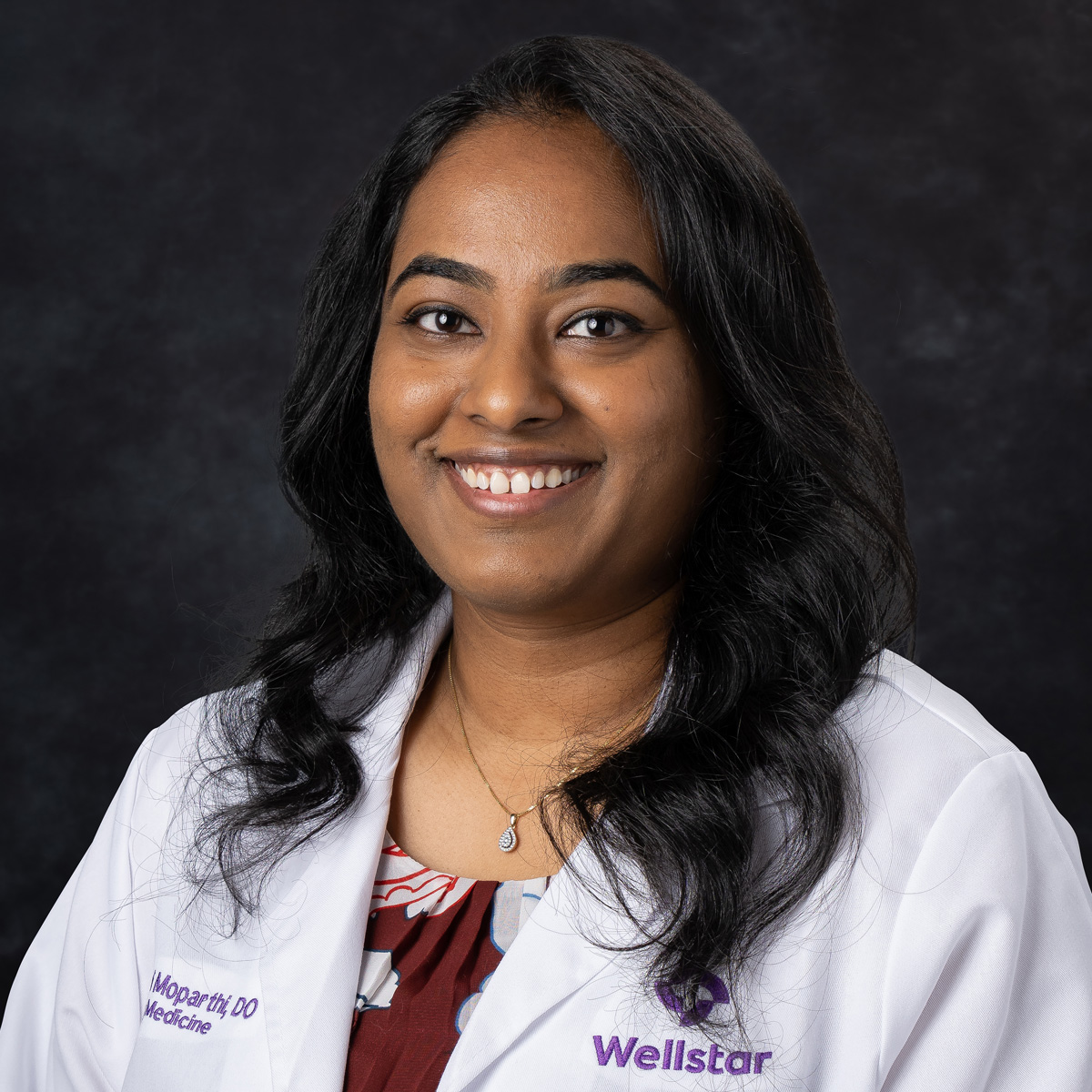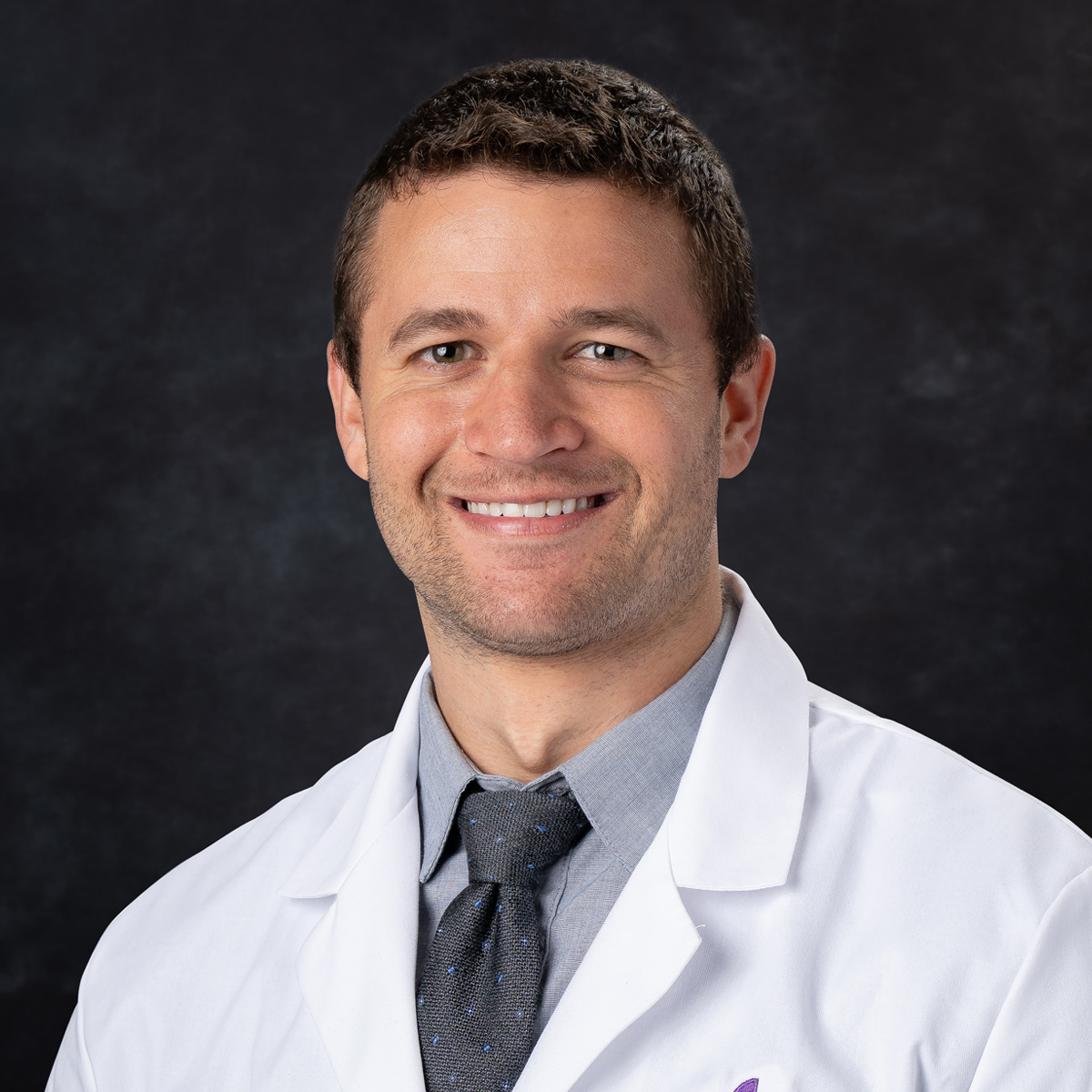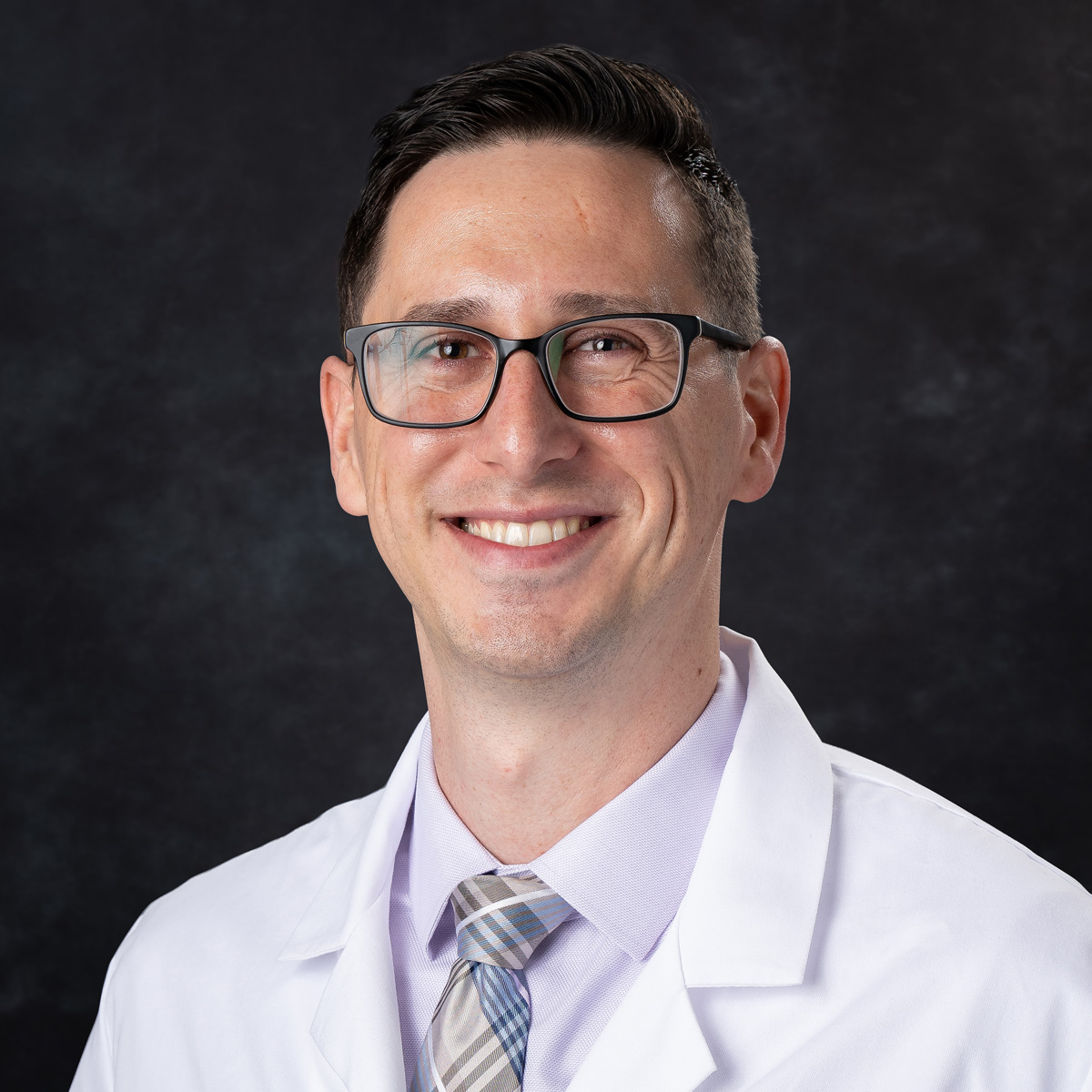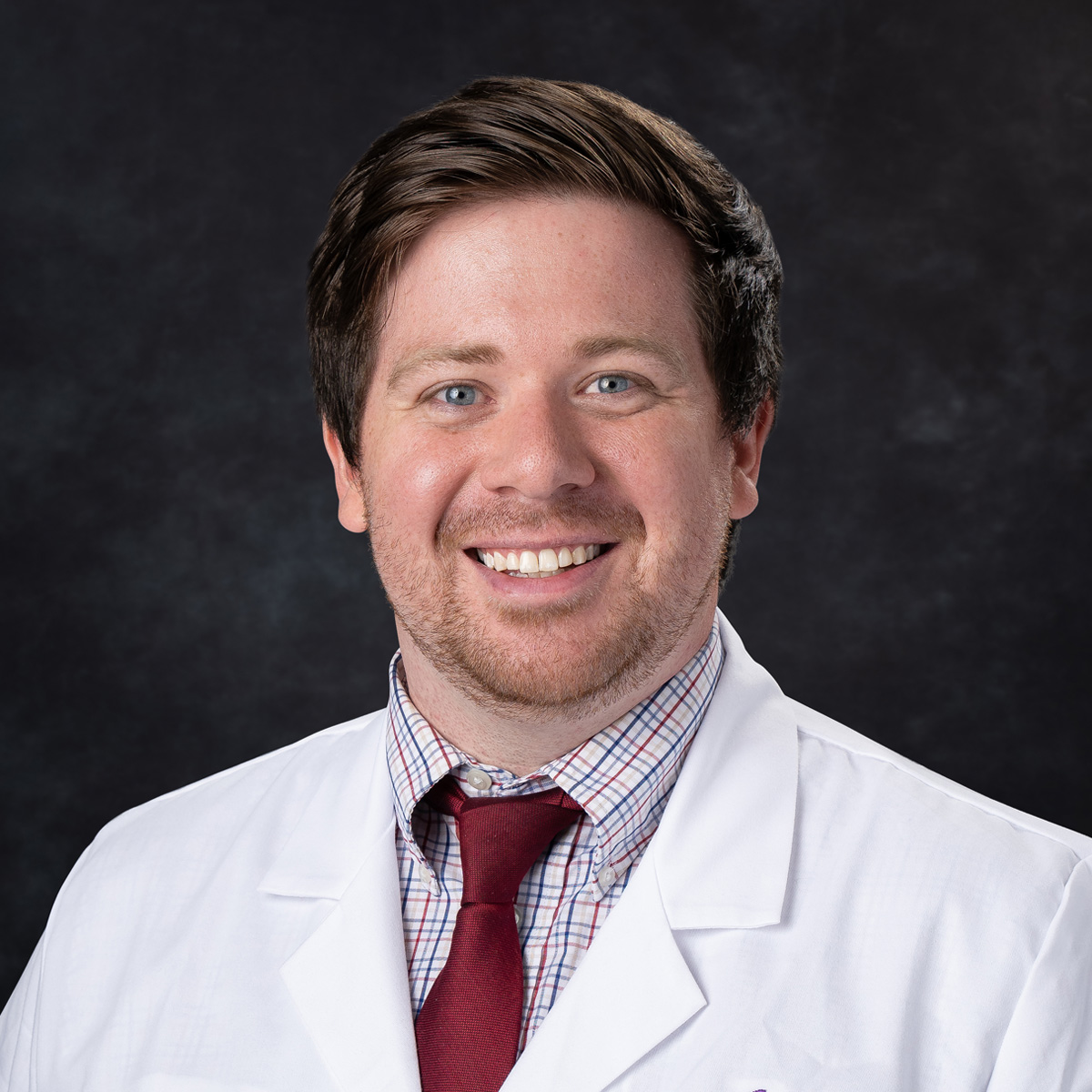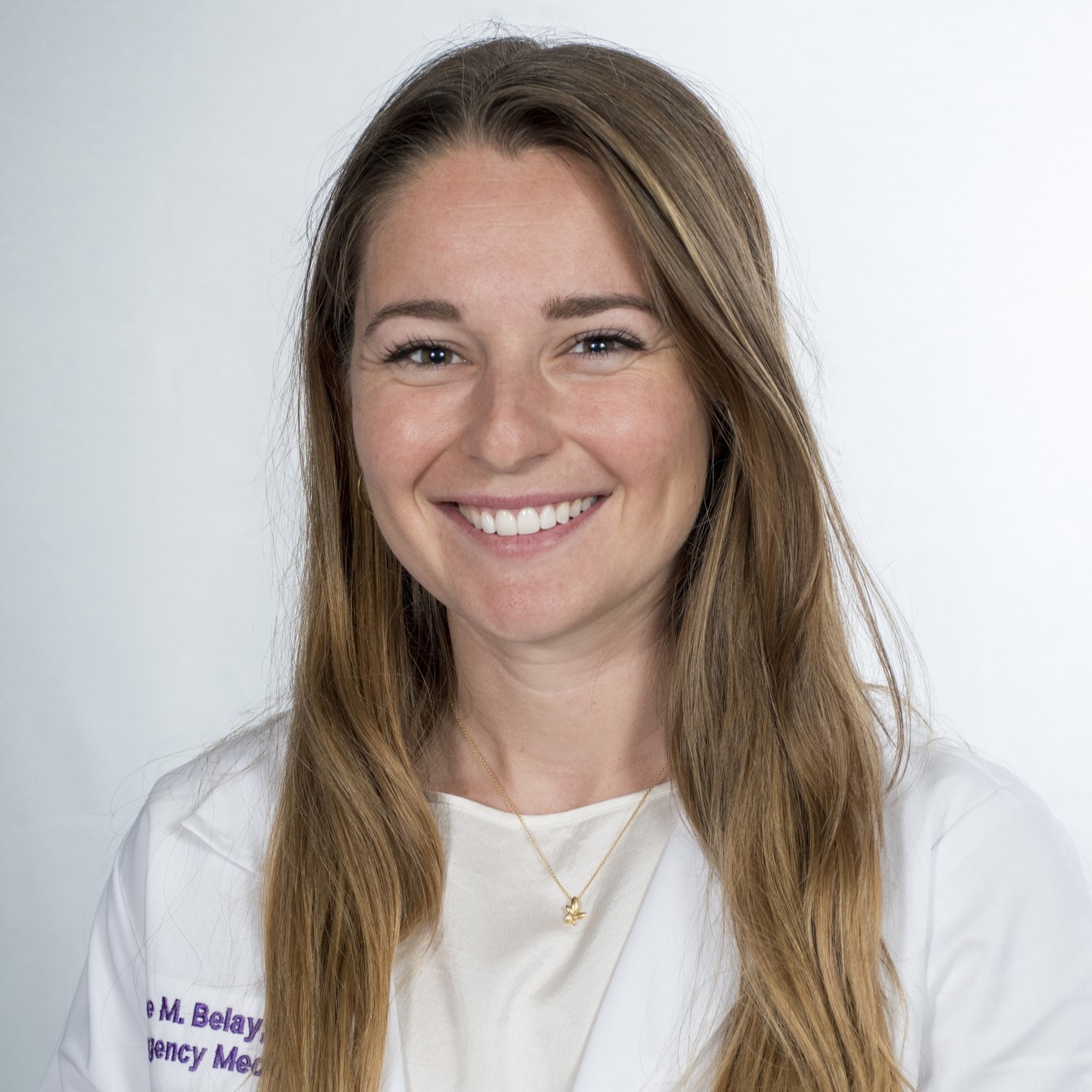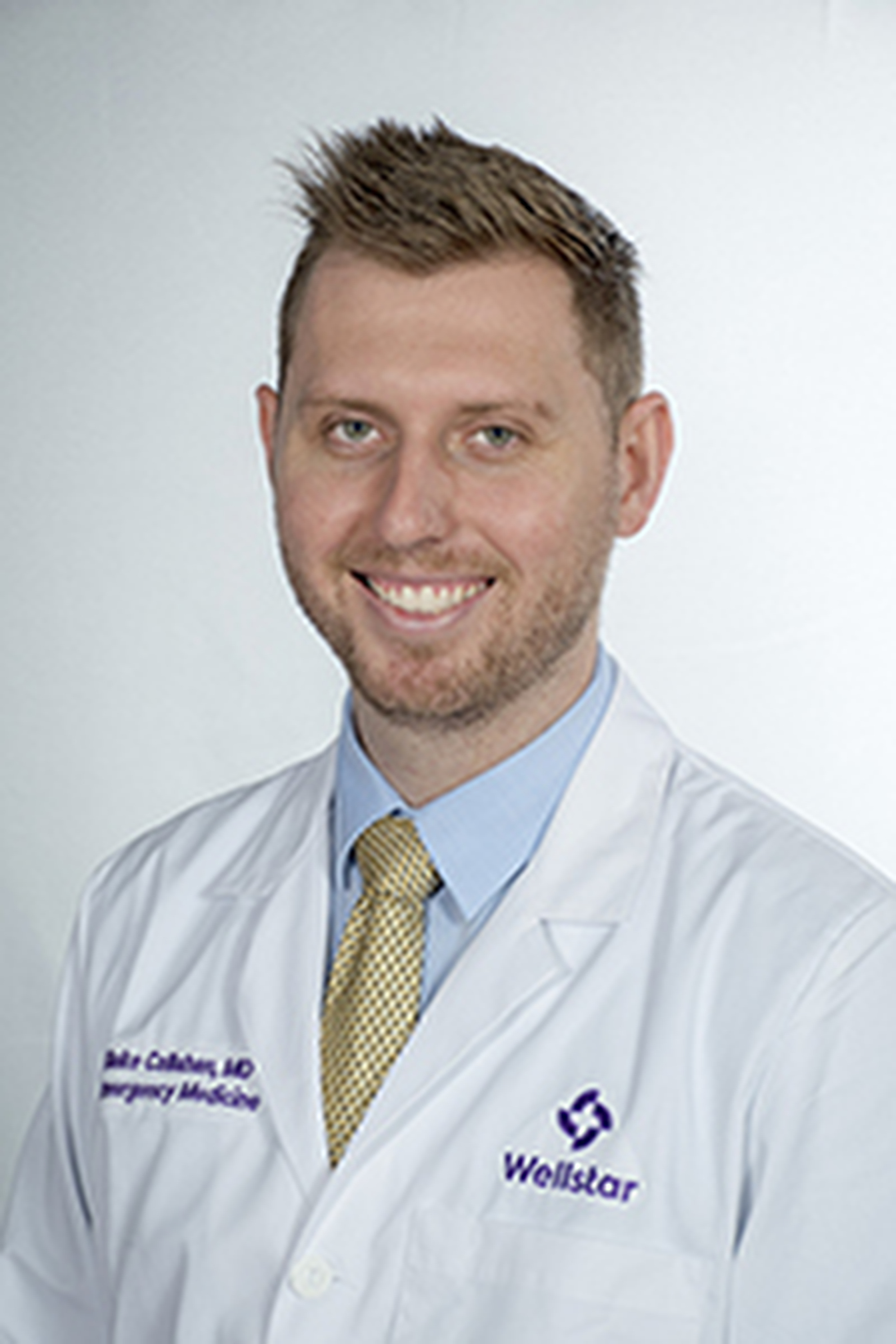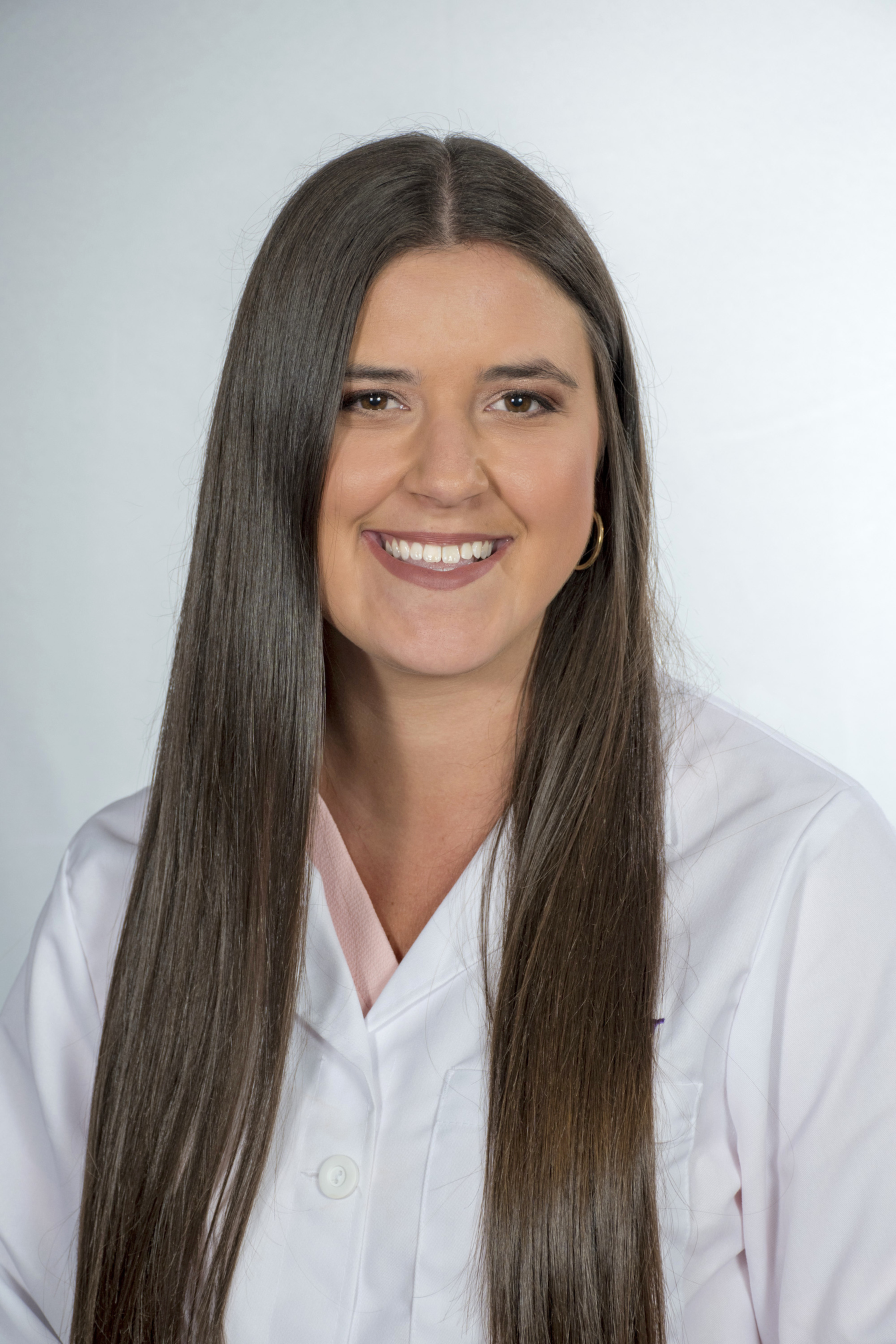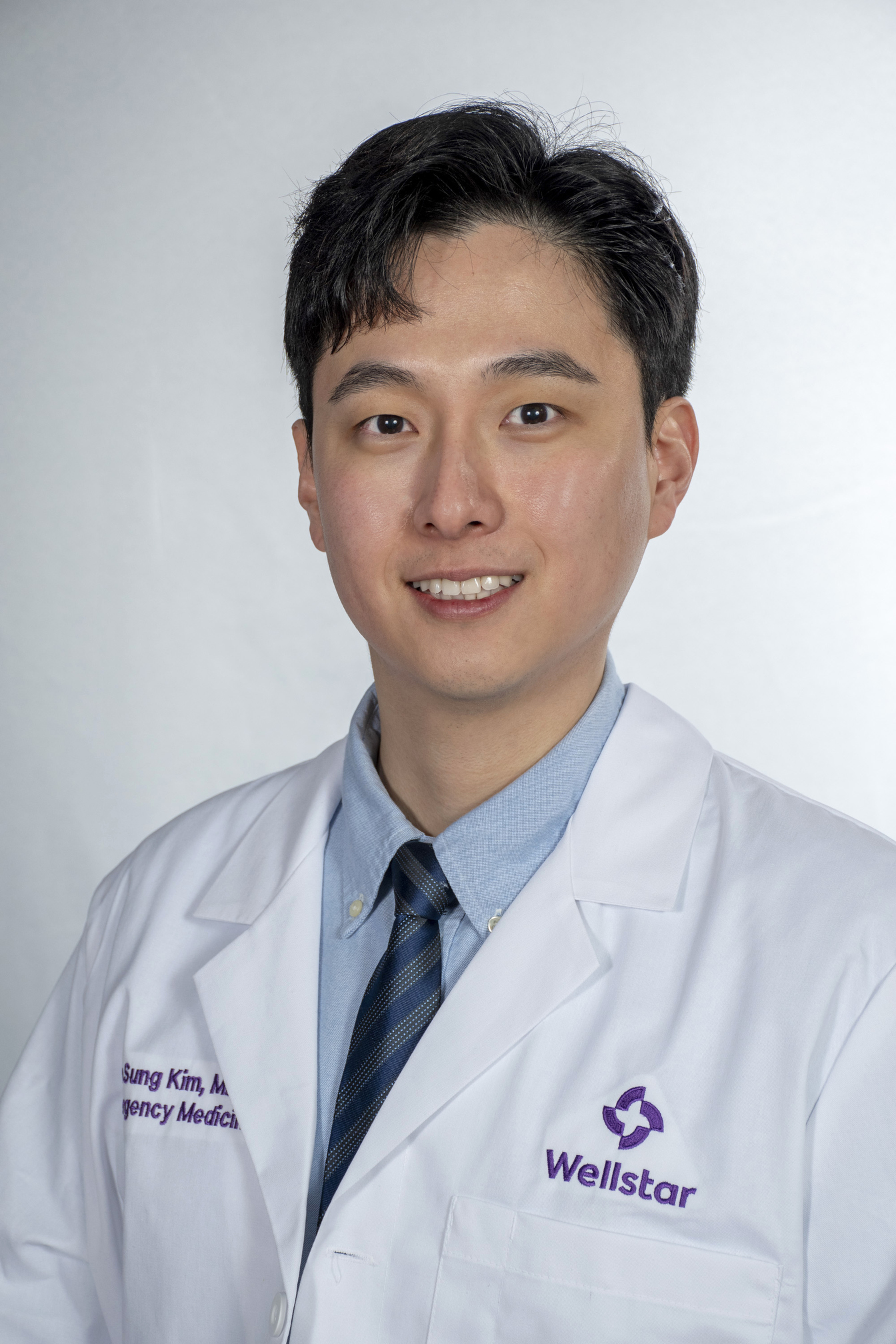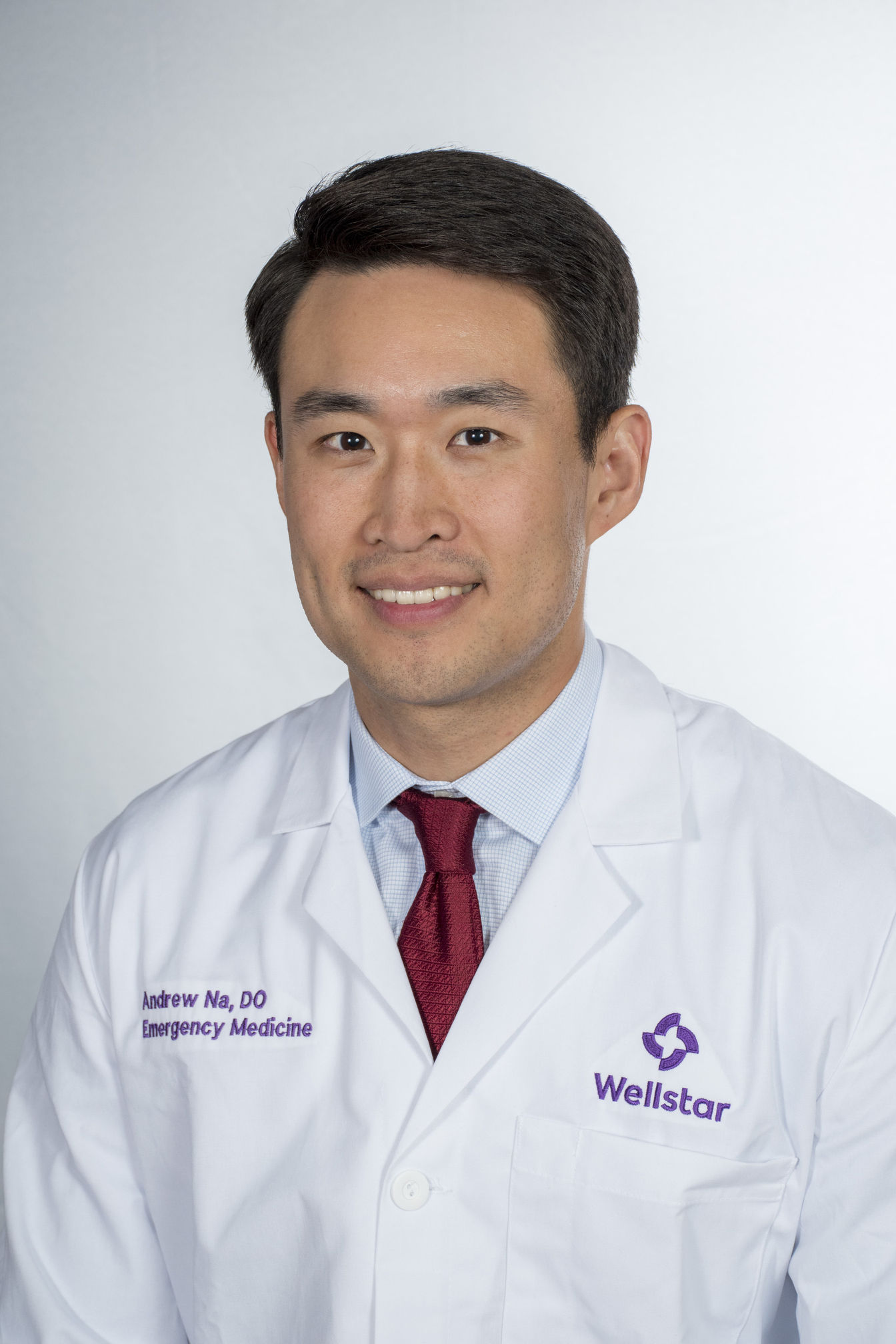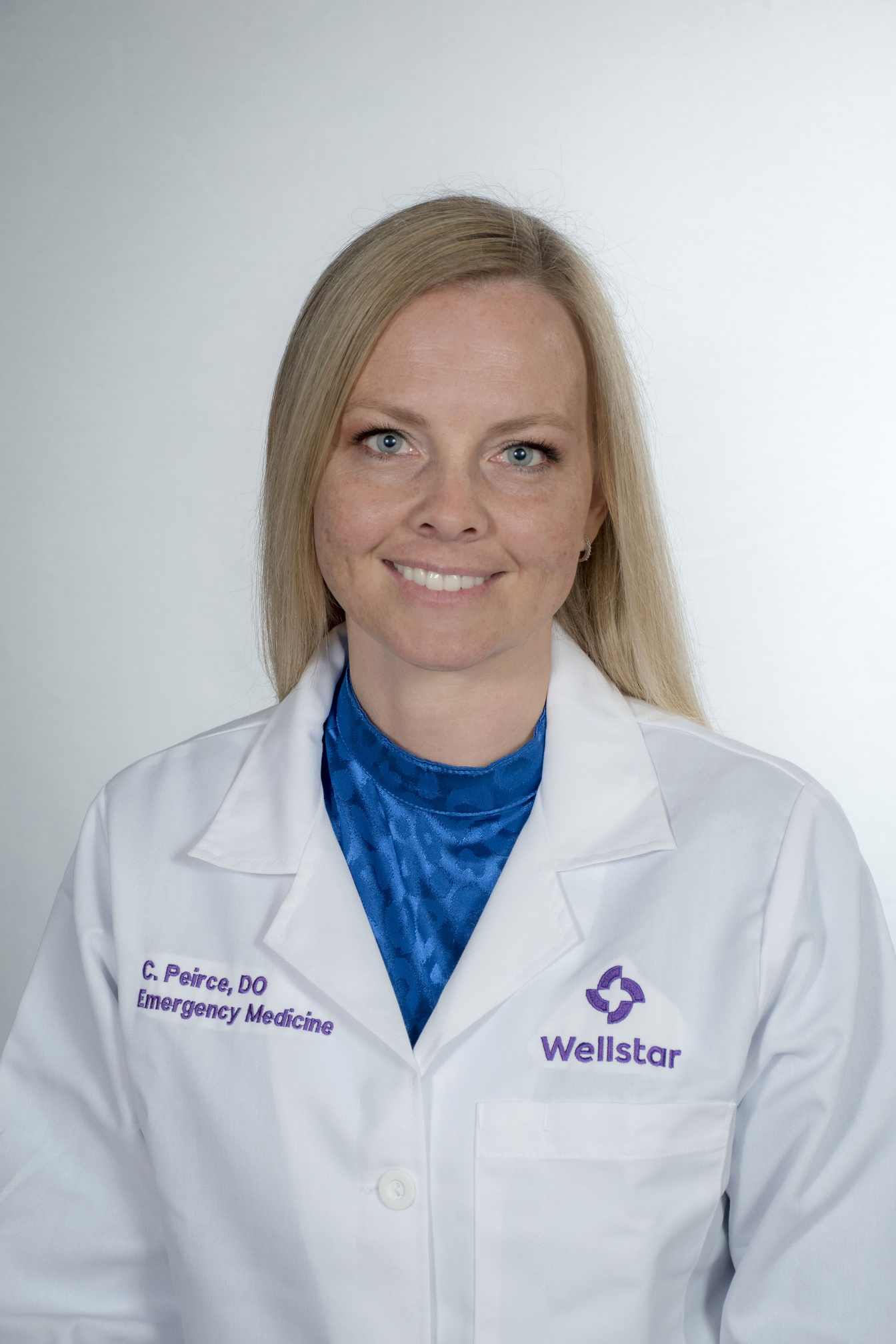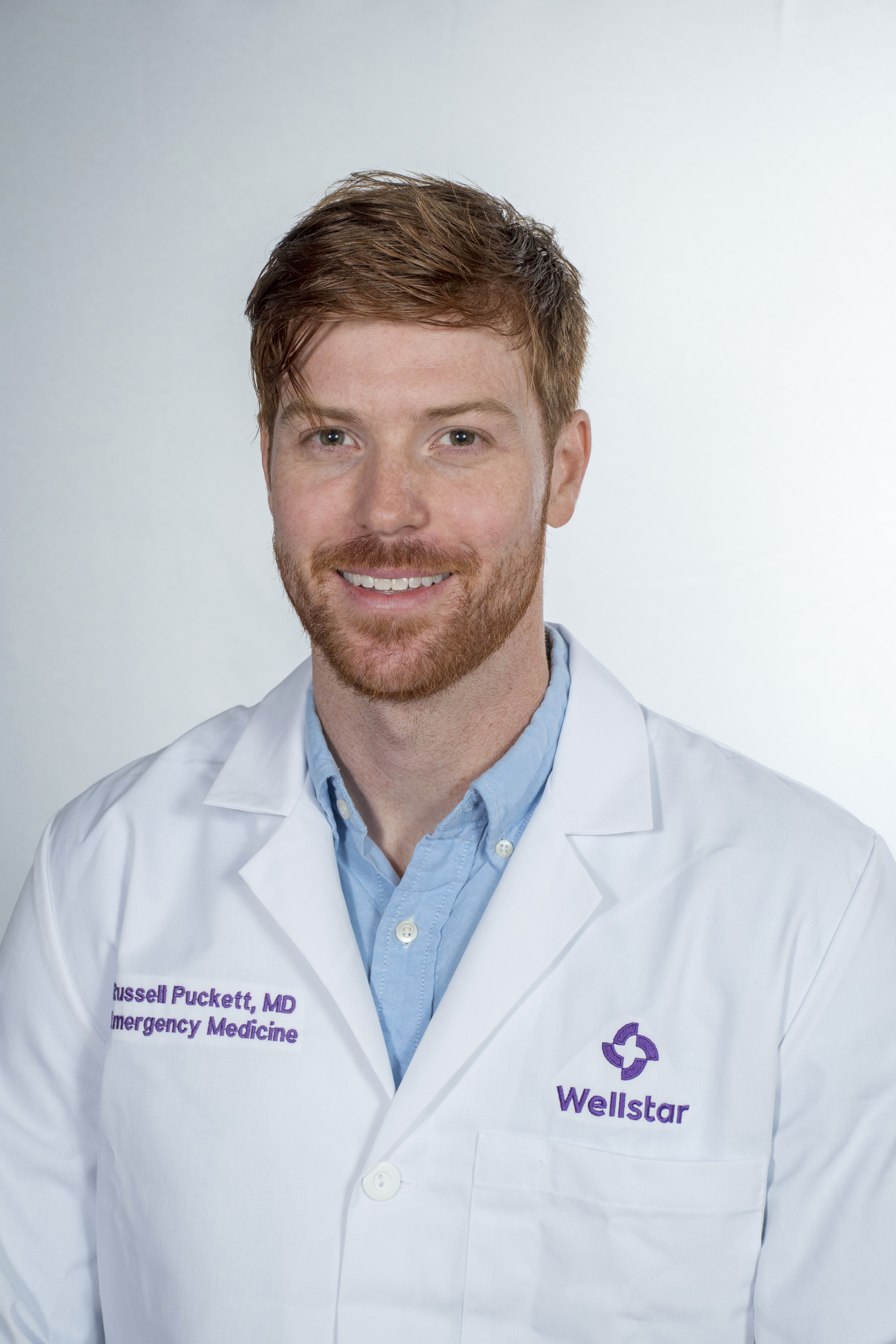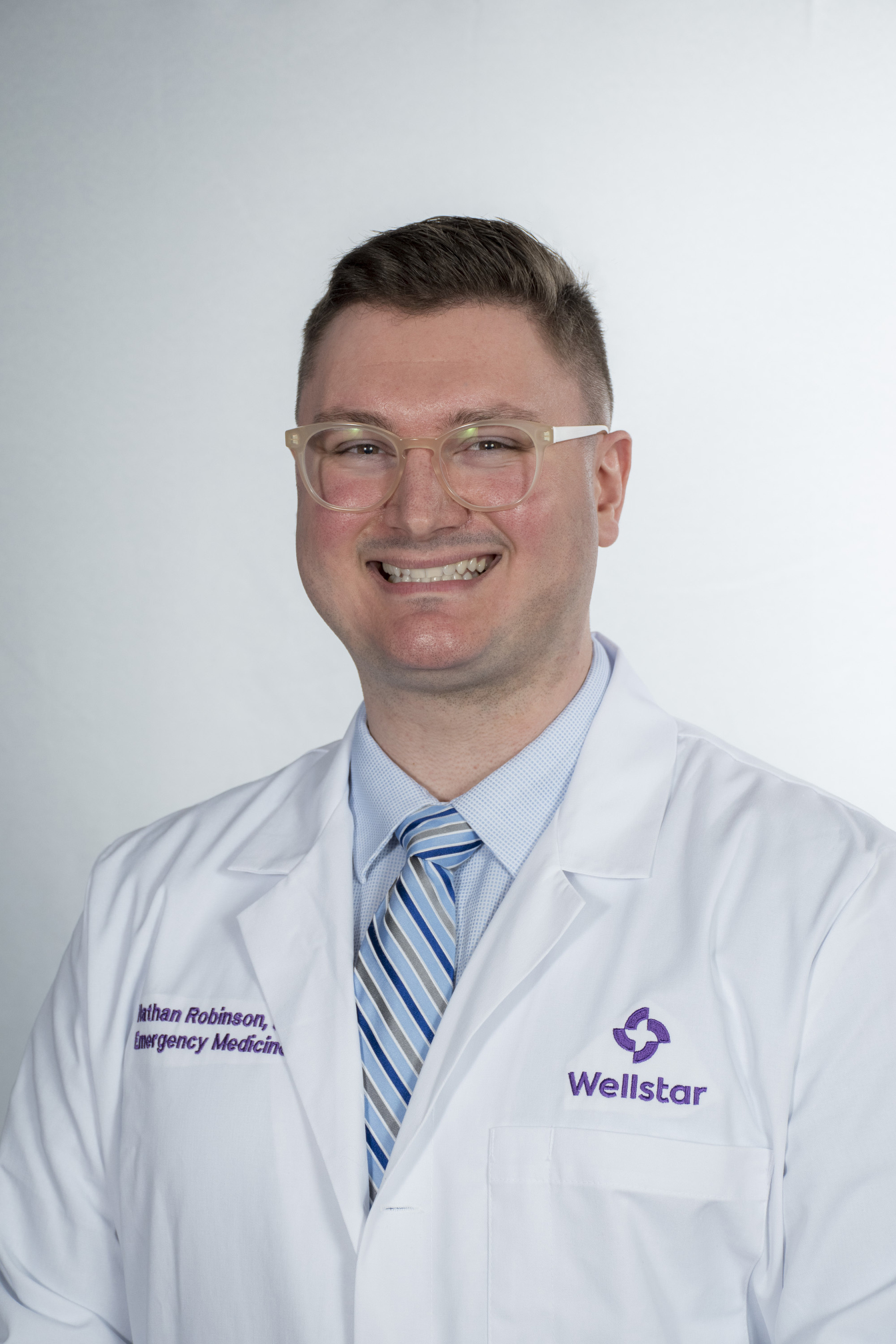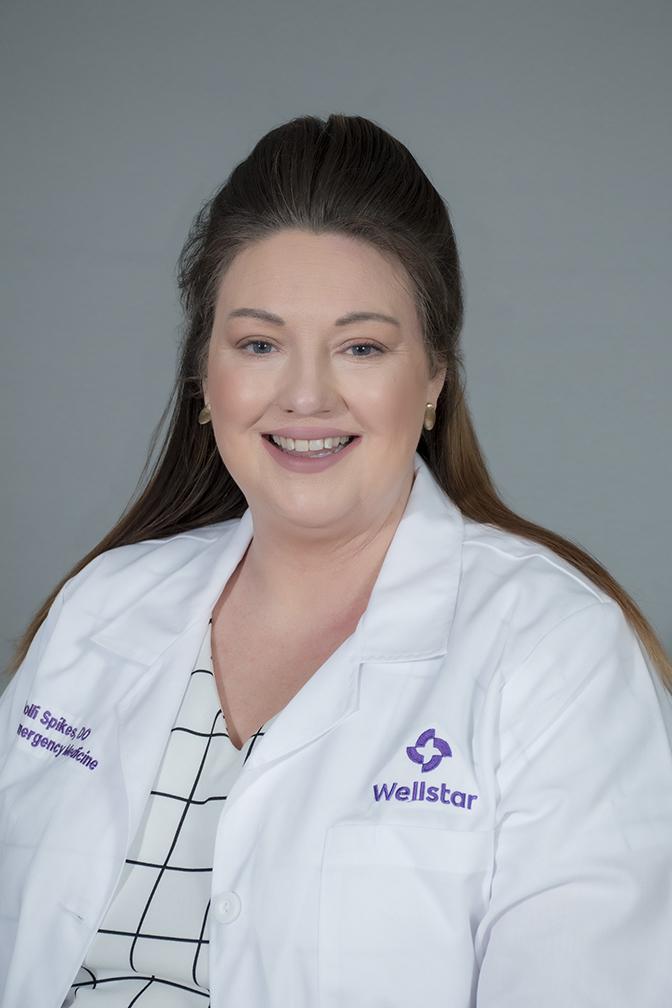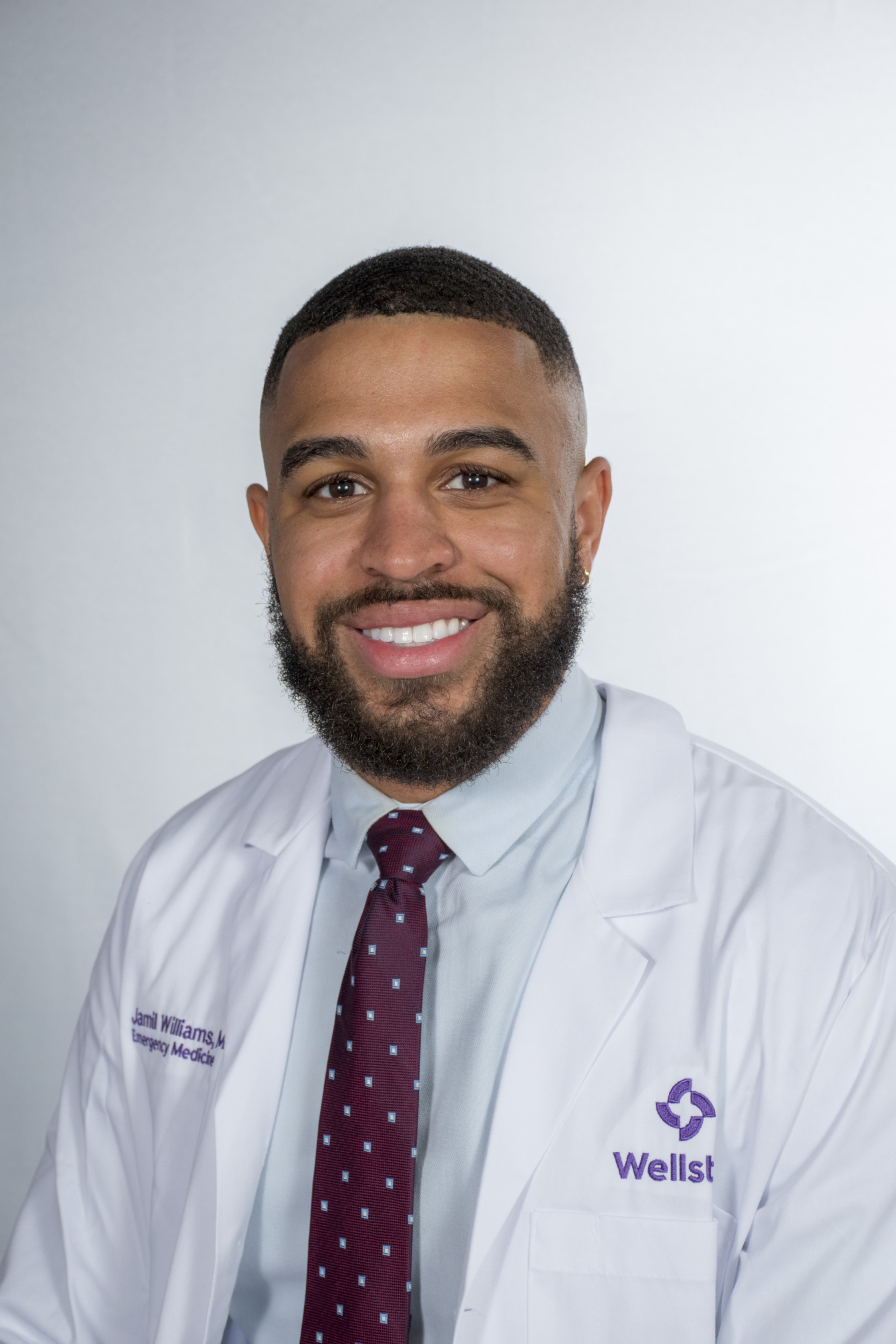As a postgraduate year-1 resident, you’ll be mentored by faculty members regarded as leaders in their fields. These highly skilled physicians will support your every step as you train in the following specialties:
- Adult emergency department (six months)
- Anesthesia
- Medical intensive care unit
- Orthopedic procedures and trauma (one month)
- Pediatric emergency department (two months)
- Ultrasound (one month)
- EMS and prehospital care
During the second year of your residency program, you’ll continue to work closely with faculty members to train in the following specialties:
- Adult emergency department (six months)
- Critical care and resuscitation, including primary assessment and airway management
- Pediatric emergency medicine (one month at a pediatric tertiary care trauma center) – elective rotation
- EMS rotation with pre-hospital providers and helicopter transport (optional)
- Pediatric emergency department (one month)
- Pediatric intensive care unit (Medical College of Georgia)
- Toxicology (one month in collaboration with Georgia Poison Center)
Additional optional areas of focus include:
- Burn care
- Cardiology
- Education
- Health policy/advocacy
- Palliative care
- Research
As a third-year emergency medicine resident, you’ll continue to gain experience in our adult and pediatric emergency departments with longitudinally distributed pediatric shifts at a tertiary care Pediatric trauma center throughout the year. Additionally, you’ll be provided the opportunity to develop new skills through rotations in leadership/administration and trauma and surgical intensive care.
Core rotations include:
- 9 months of adult emergency medicine, with integrated pediatric shifts
- Obstetric and Labor and Delivery
- EM Administration (elective rotation)
During your third year, you’ll be the lead physician in your care zone, assessing and managing all patients in your area. You will also have the opportunity to precept medical students and junior residents, developing your bedside teaching and supervisory skills.
As a 4th year medical student, you’ll have the opportunity to complete a four-week audition rotation. You will function in the role of a sub-intern, working one-on-one with faculty to manage all aspects of care for both ambulatory and acutely ill or injured patients. The rotation occurs in the emergency department, supplemented by didactic and procedural training. In total, you will complete between 14 and 16 10-hour shifts.
Goals and objectives include:
- Caring for patients with chest pain, dyspnea, abdominal pain, headache, fever, altered mental status, traumatic injuries, and more.
- Initiating immediate interventions and resuscitation of critically ill and injured patients.
- Interpreting laboratory and diagnostic results.
- Performing a primary and secondary assessment of medical and trauma patients.
- Performing common and critical procedures including laceration repairs, joint reductions, arthrocentesis, fracture reductions, intubations, lumbar punctures, thoracotomies and central venous catheter placement.
You’ll receive feedback and written formal evaluation from faculty for each clinical shift you work, and a final rotation grade based on your clinical performance.
To apply for an audition rotation please contact samantha[email protected]

